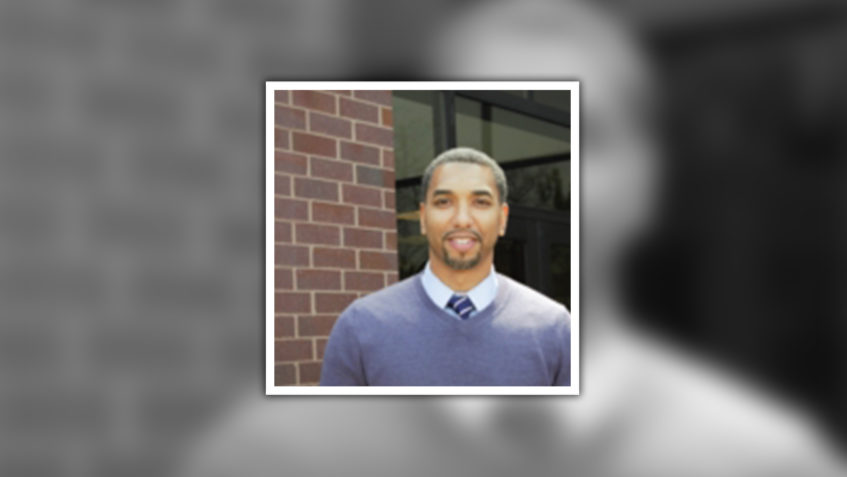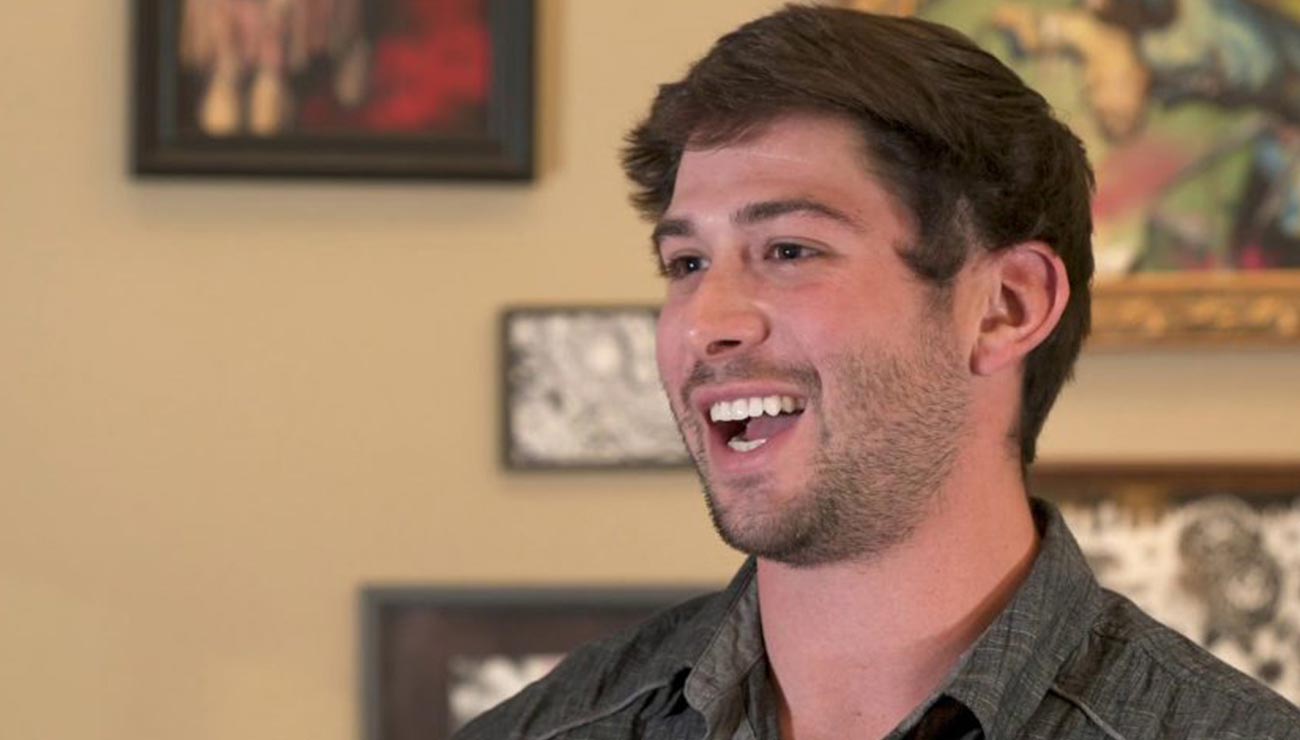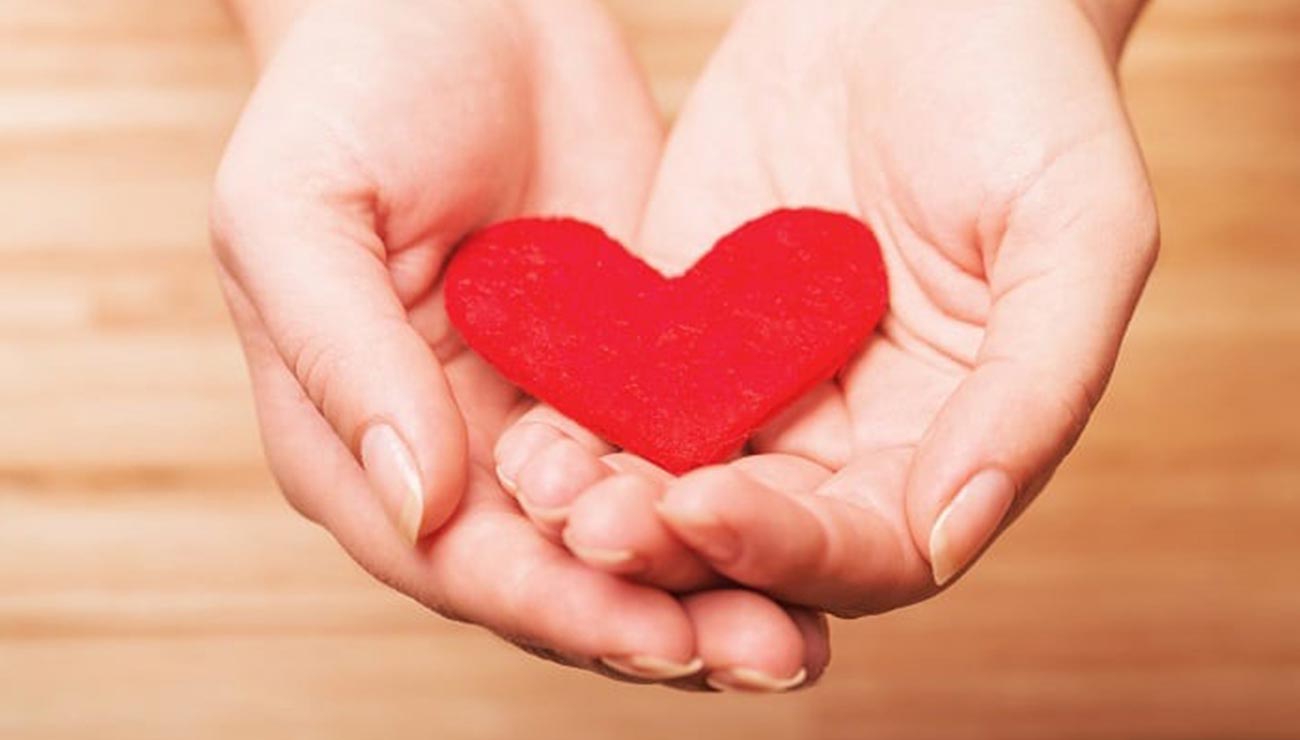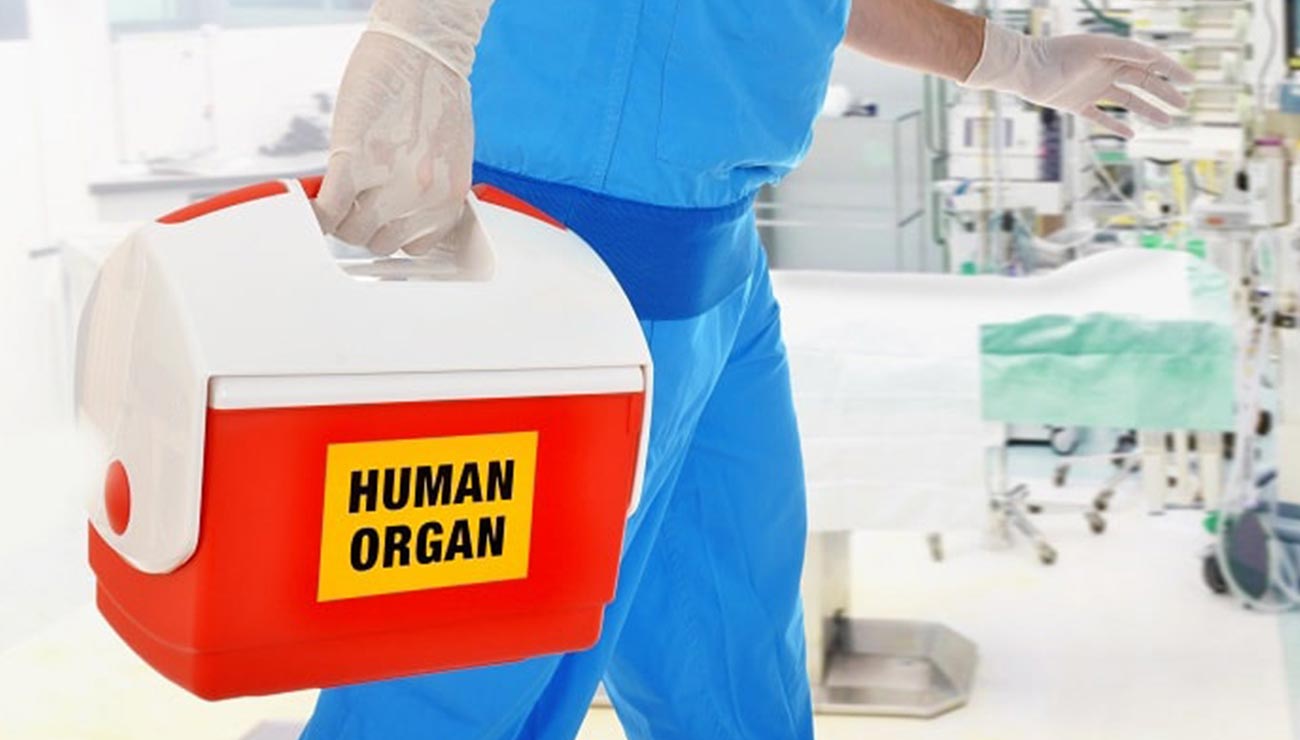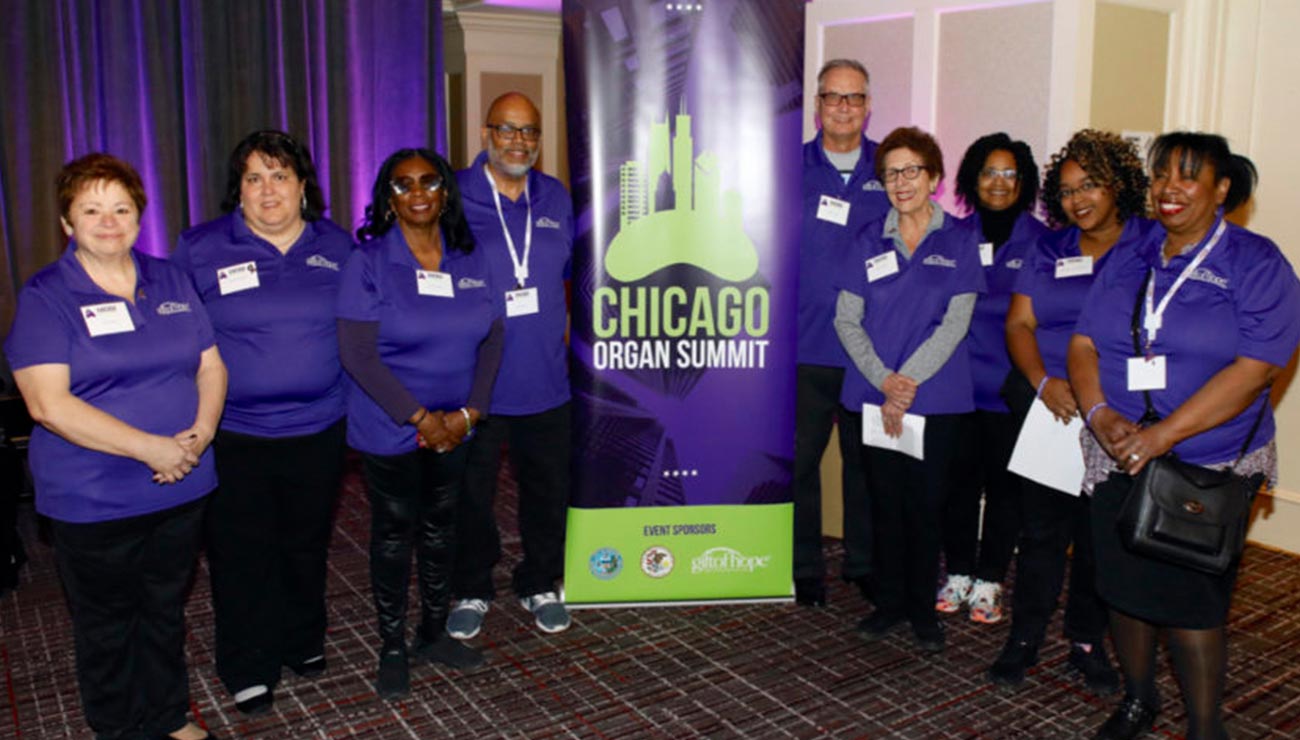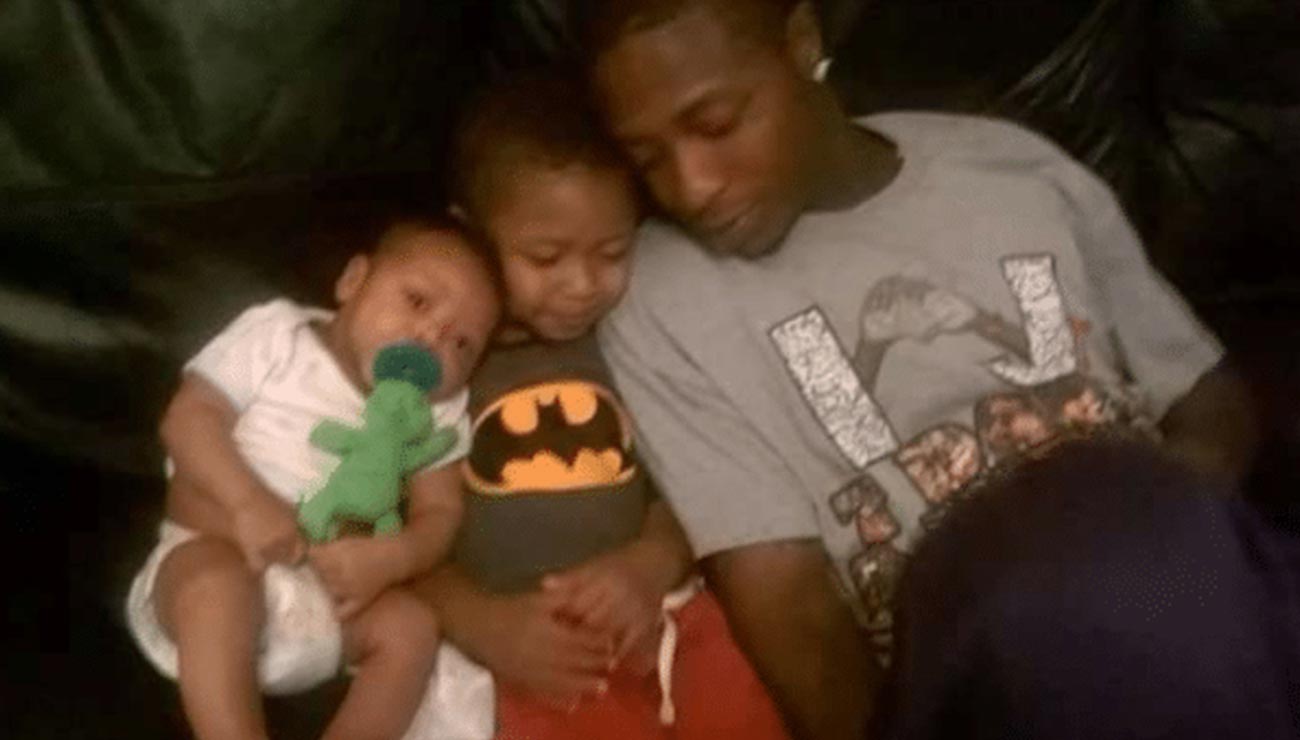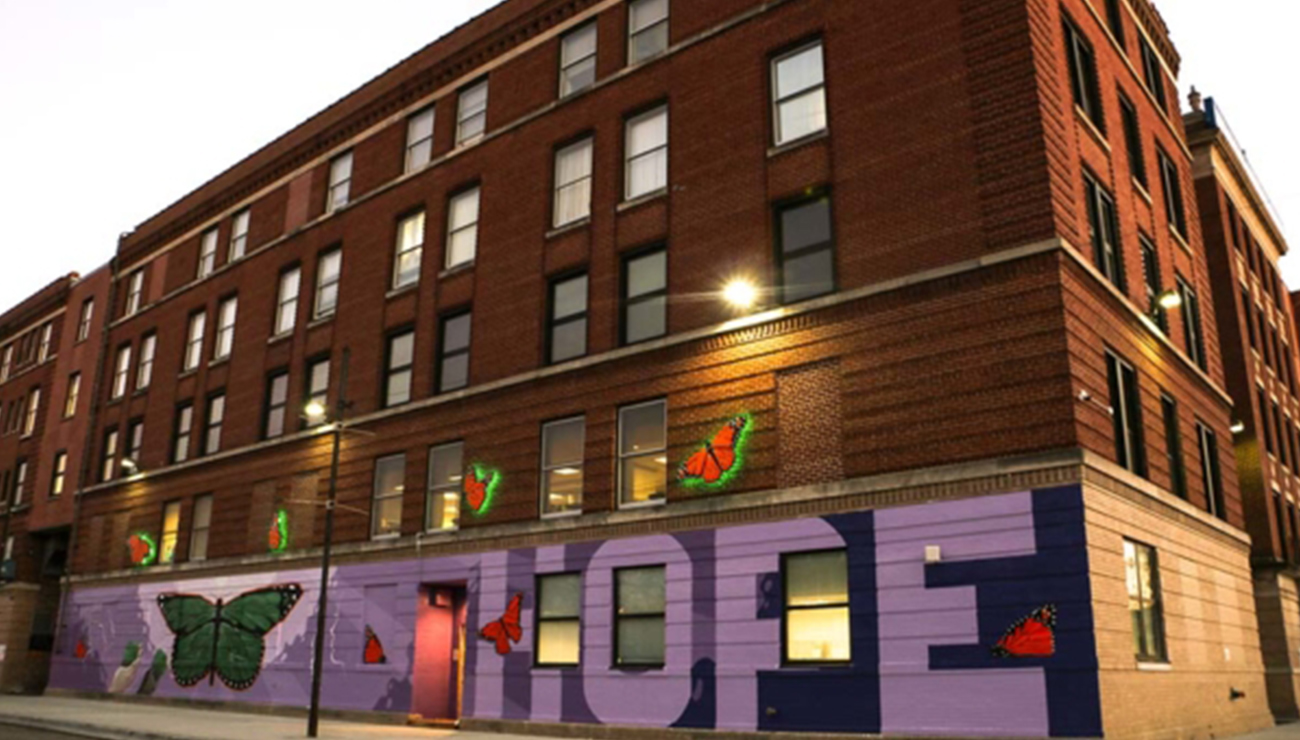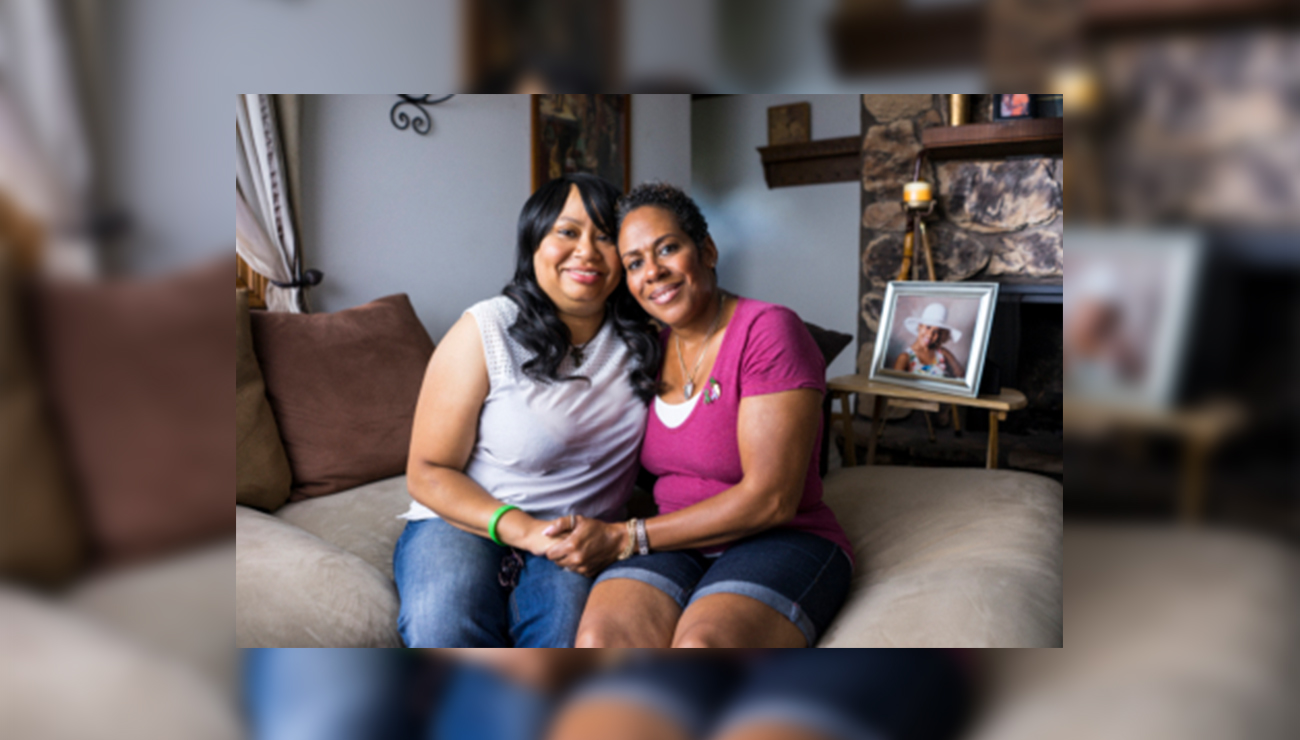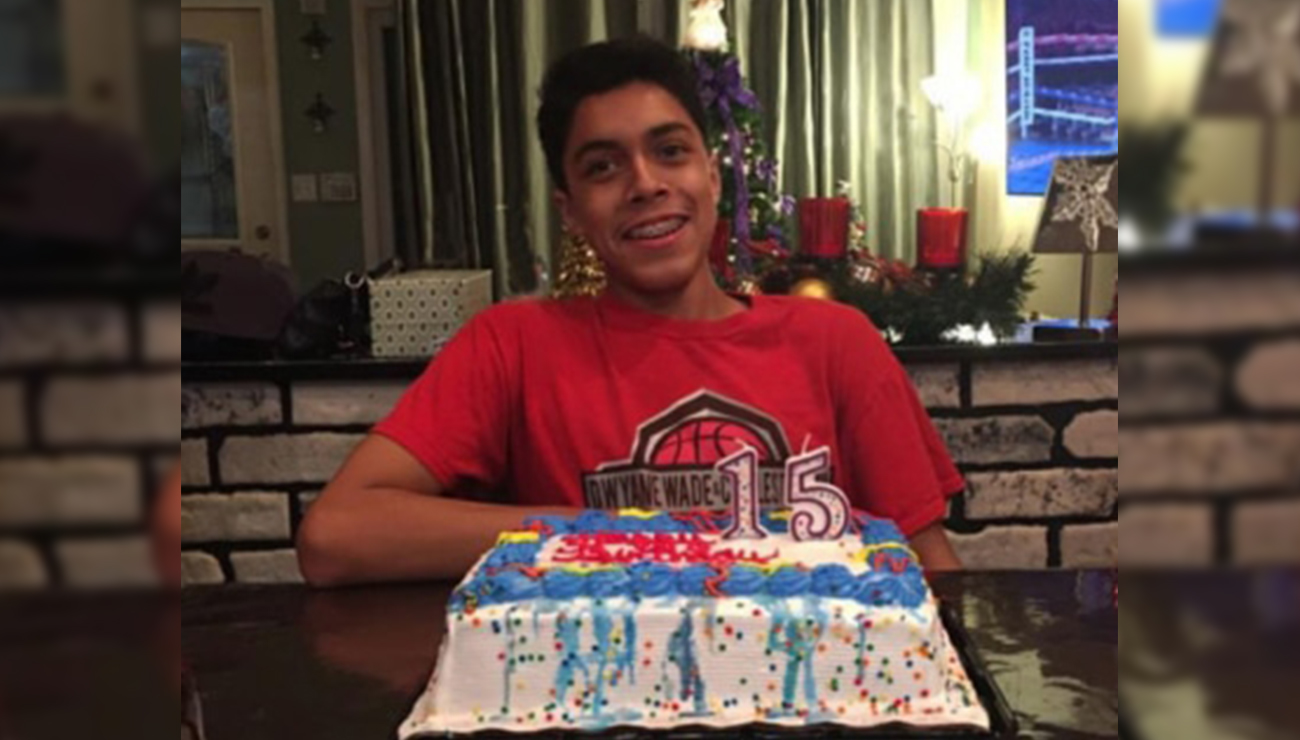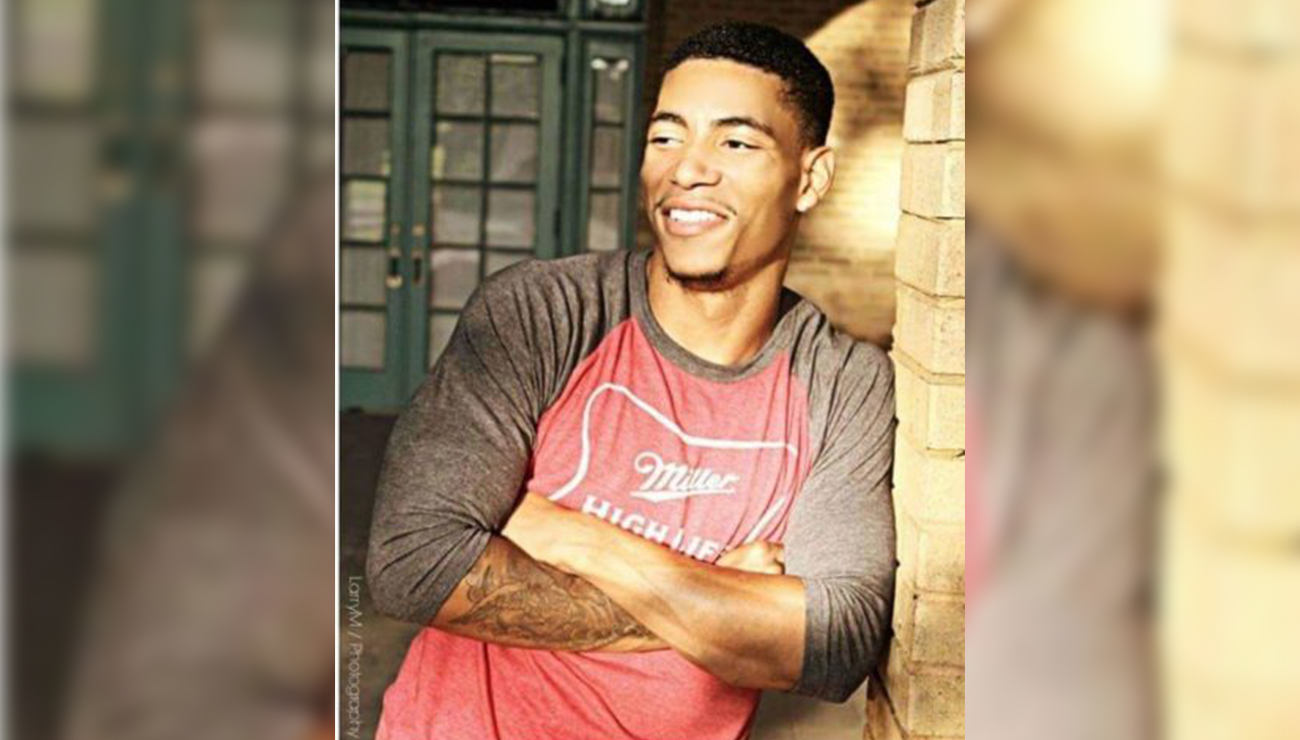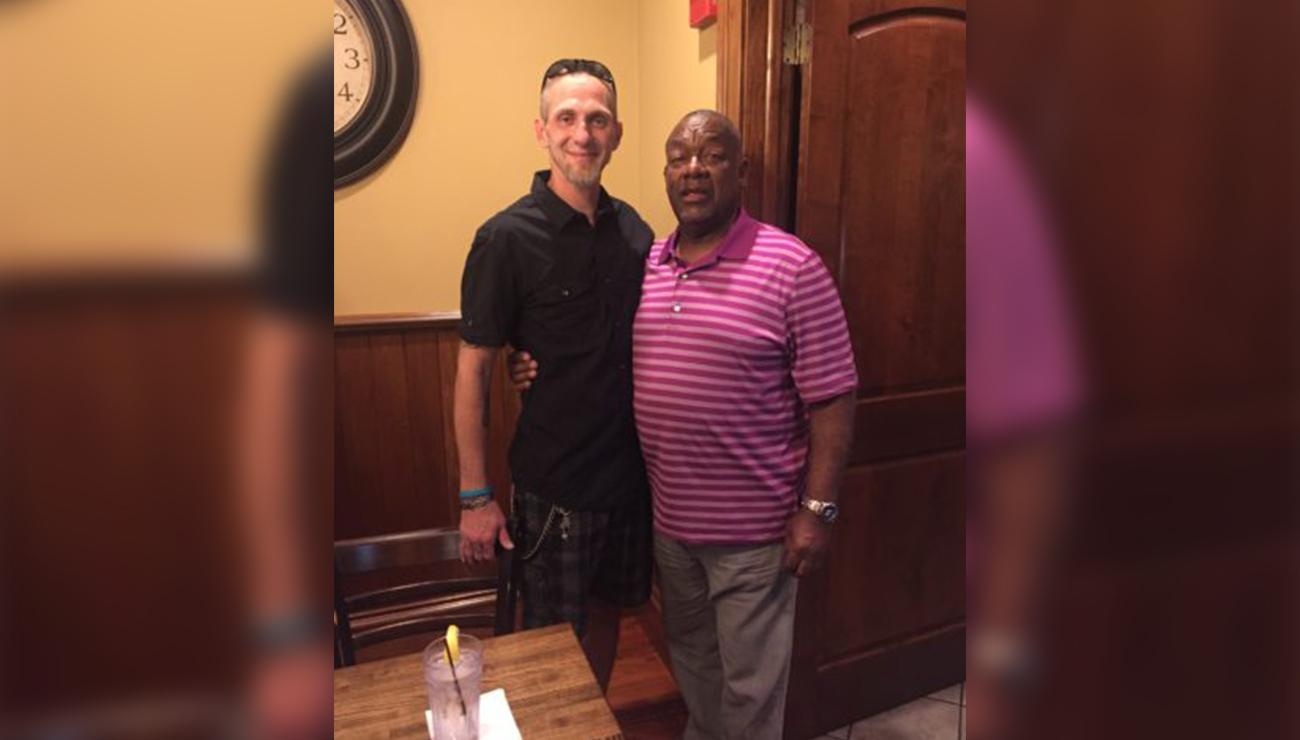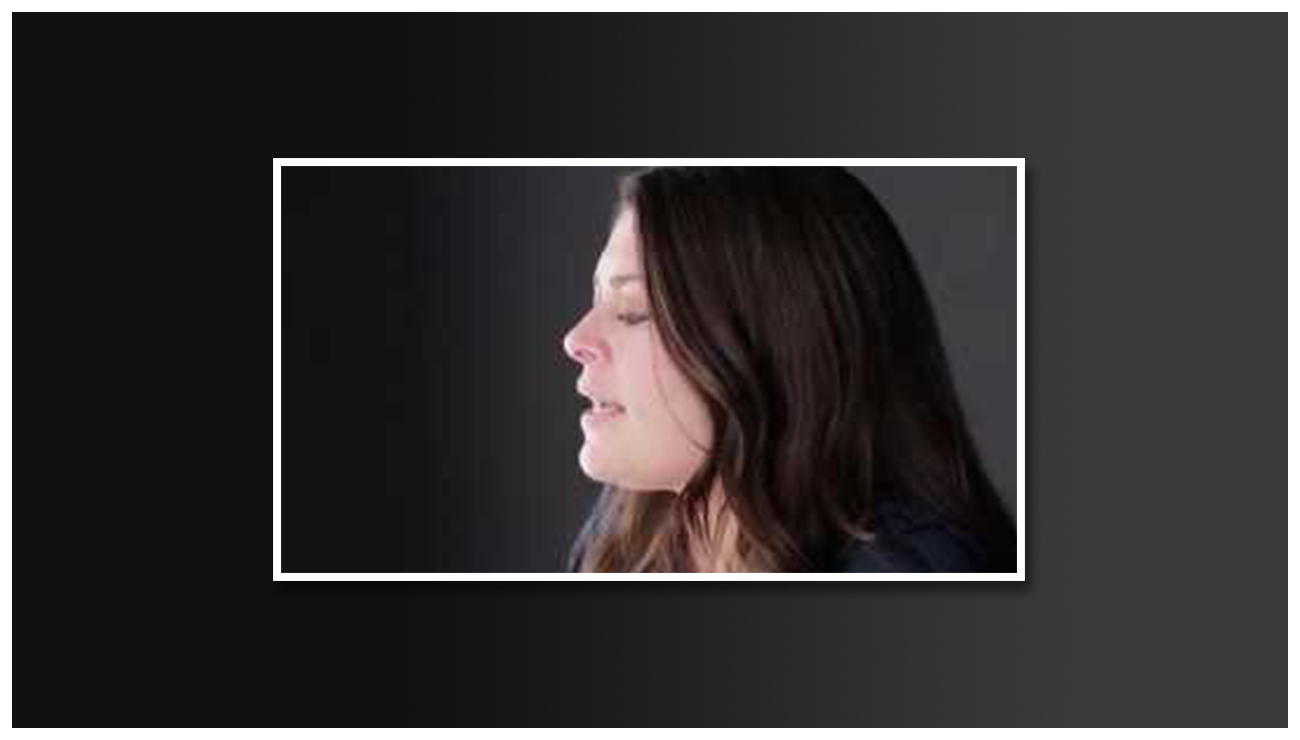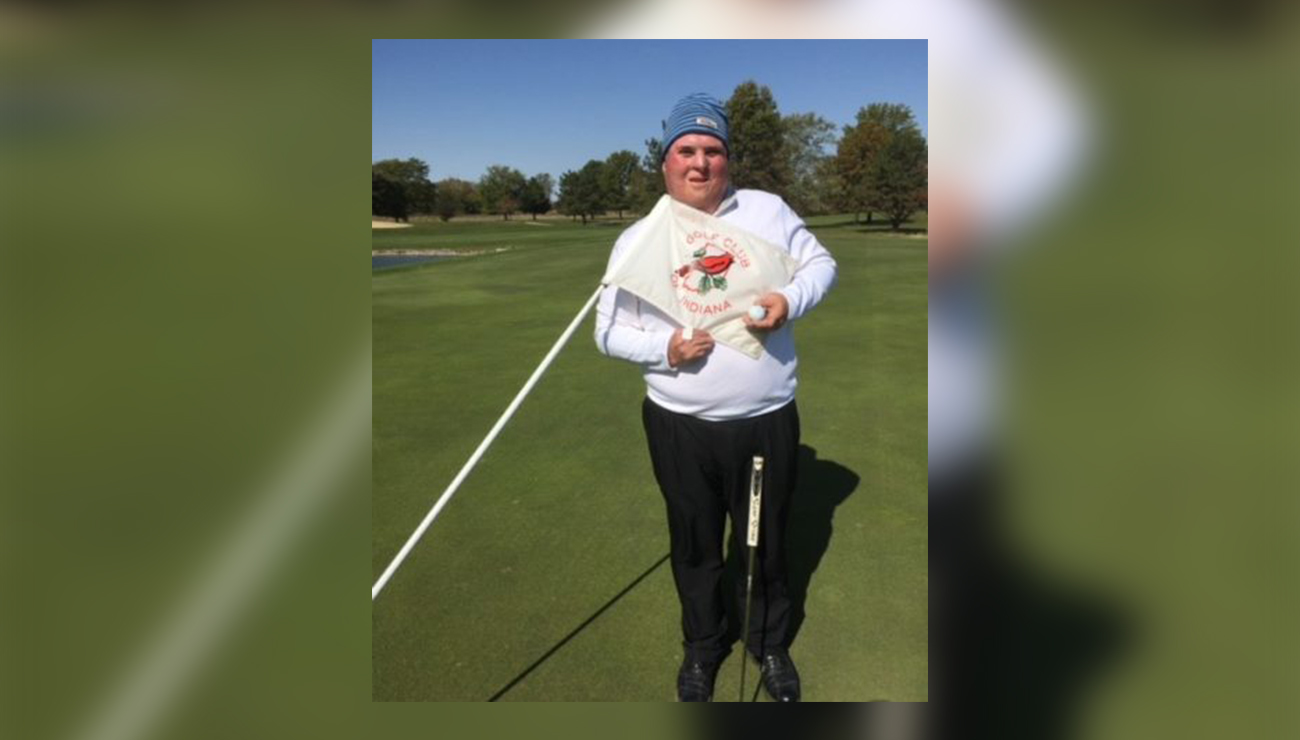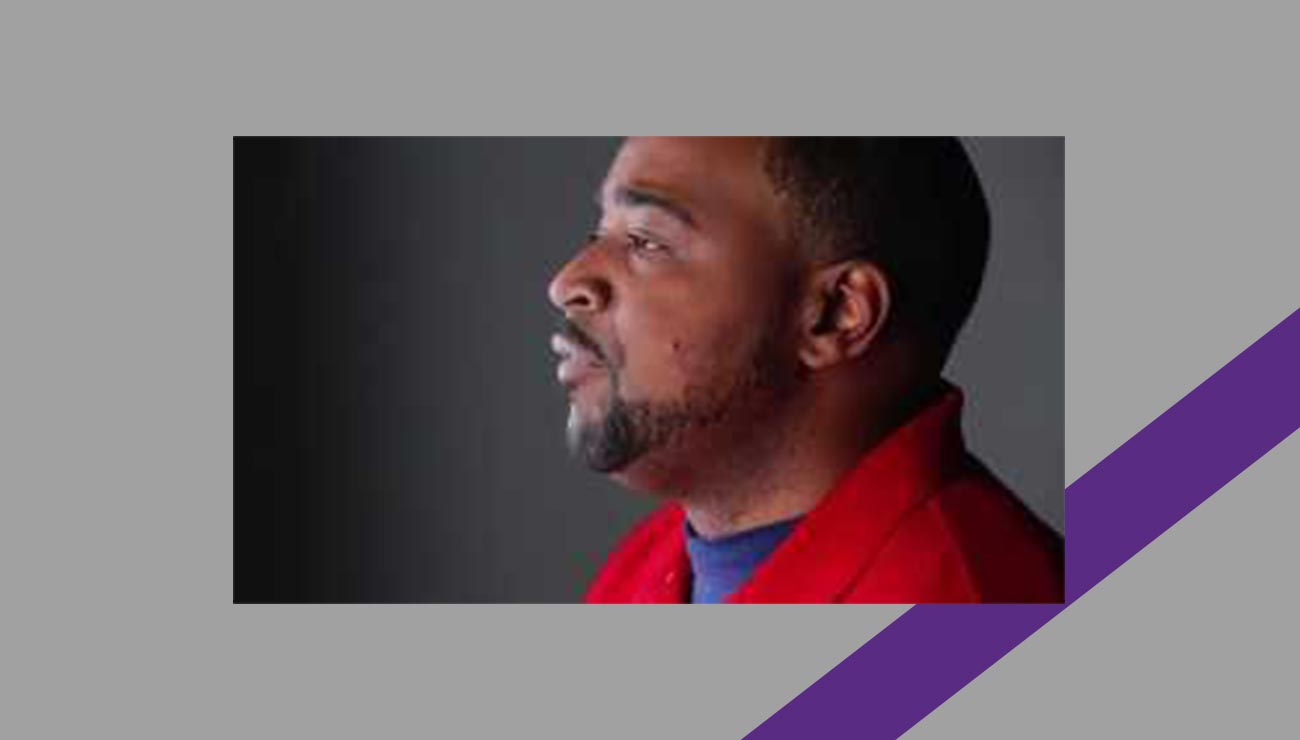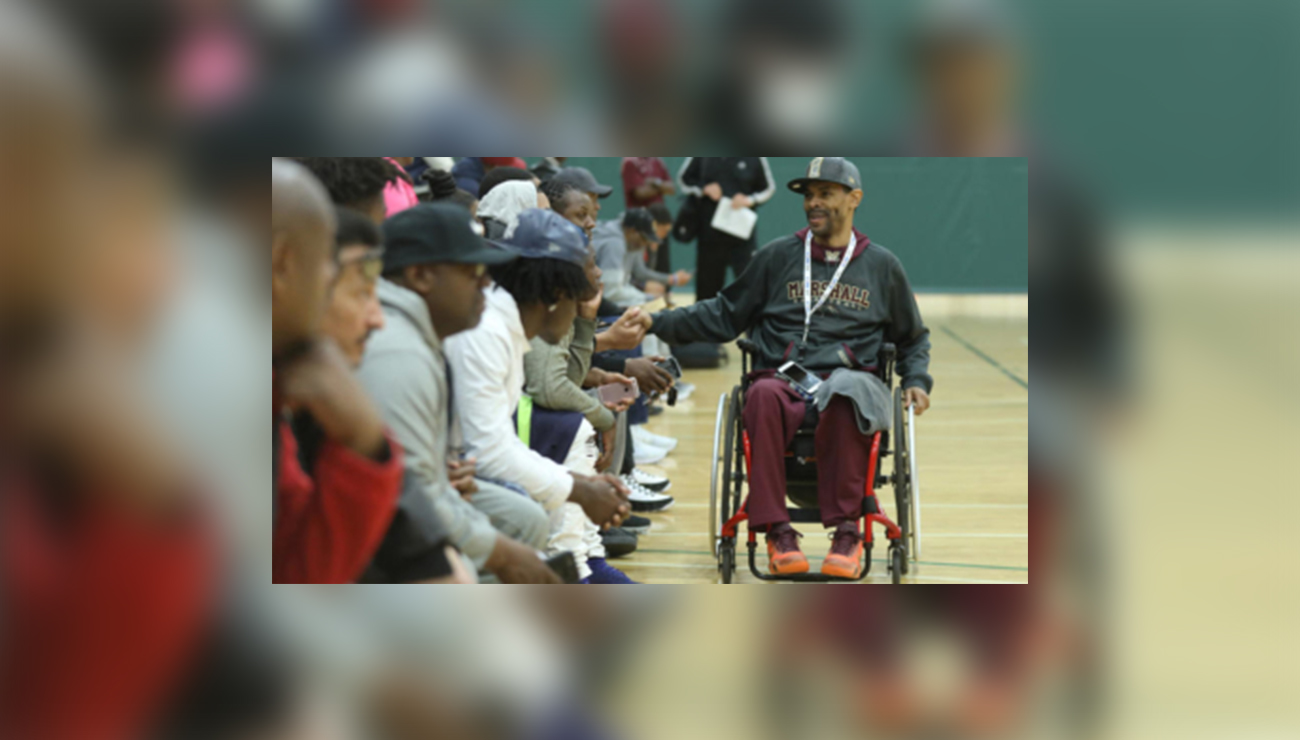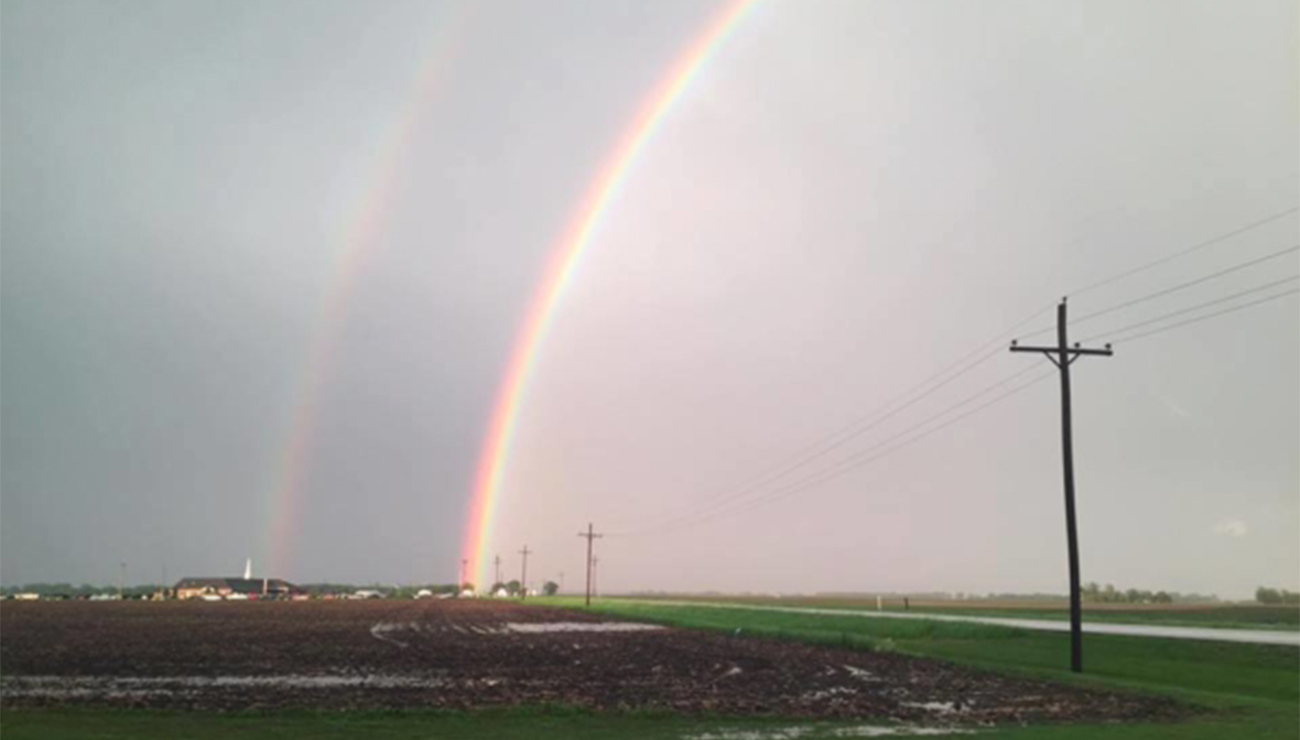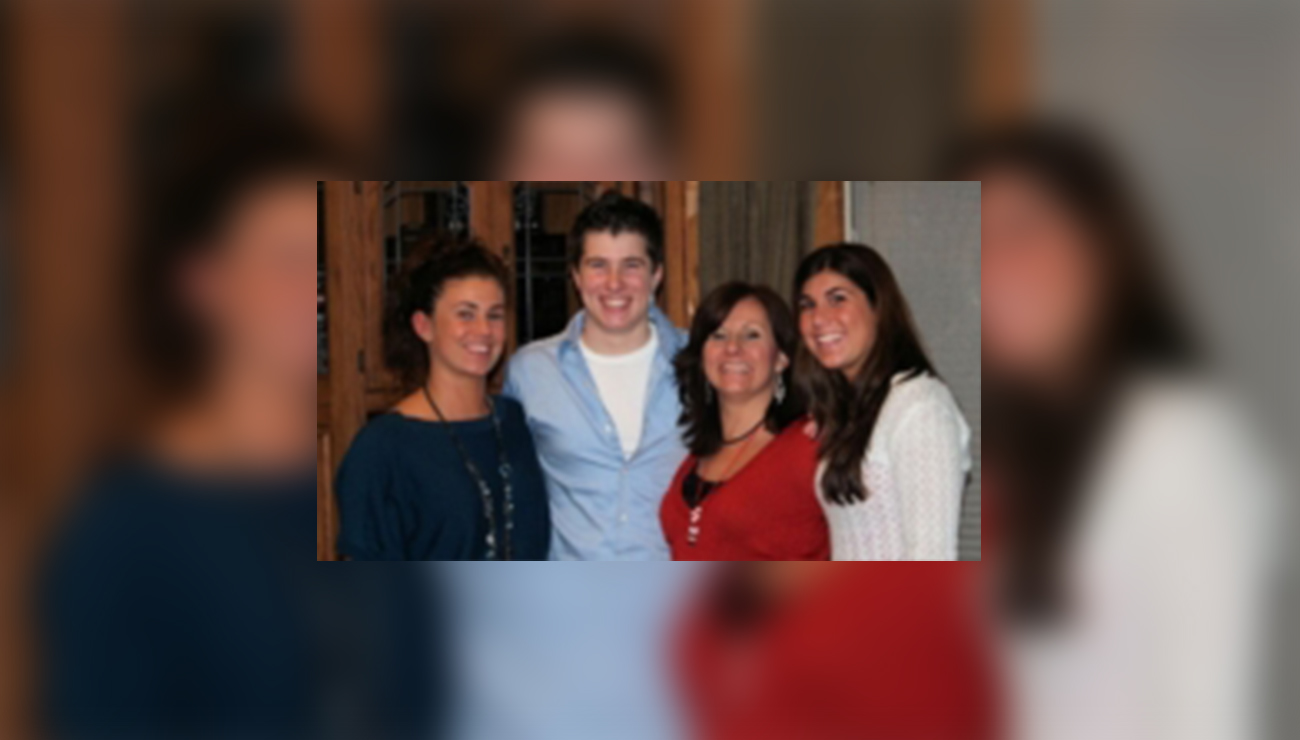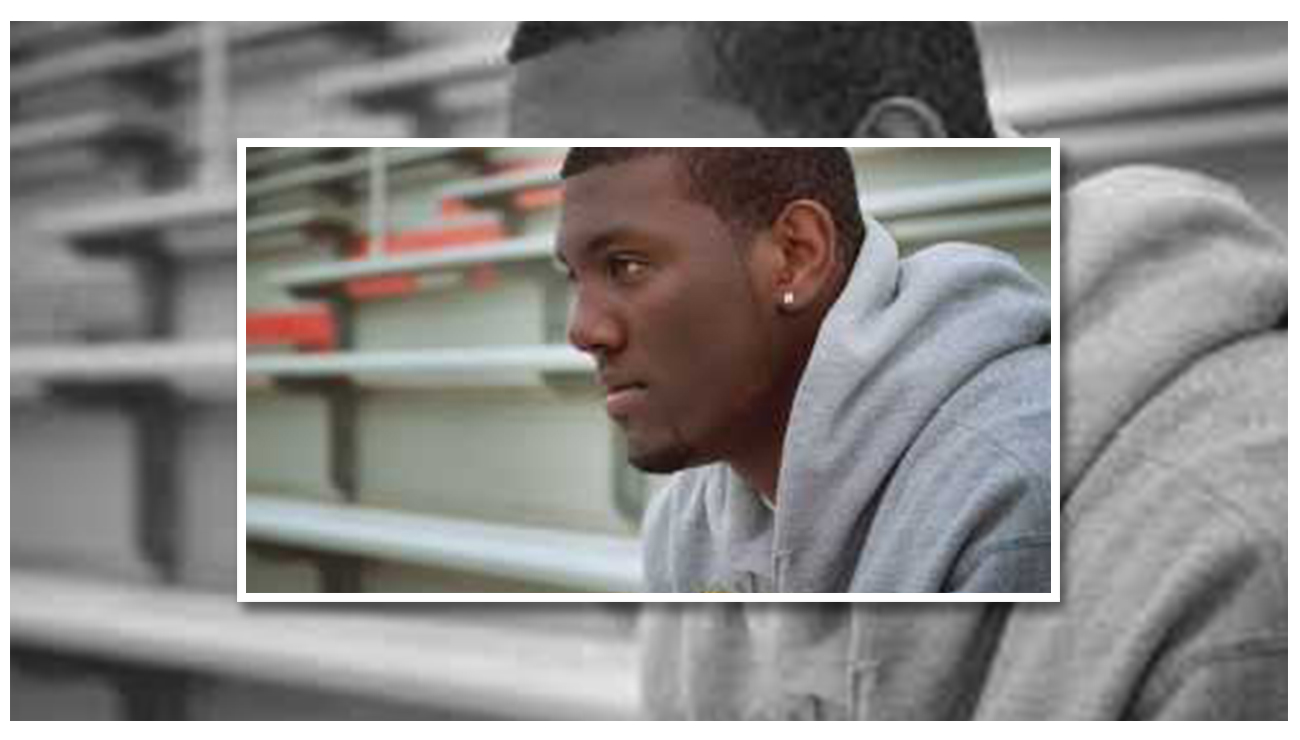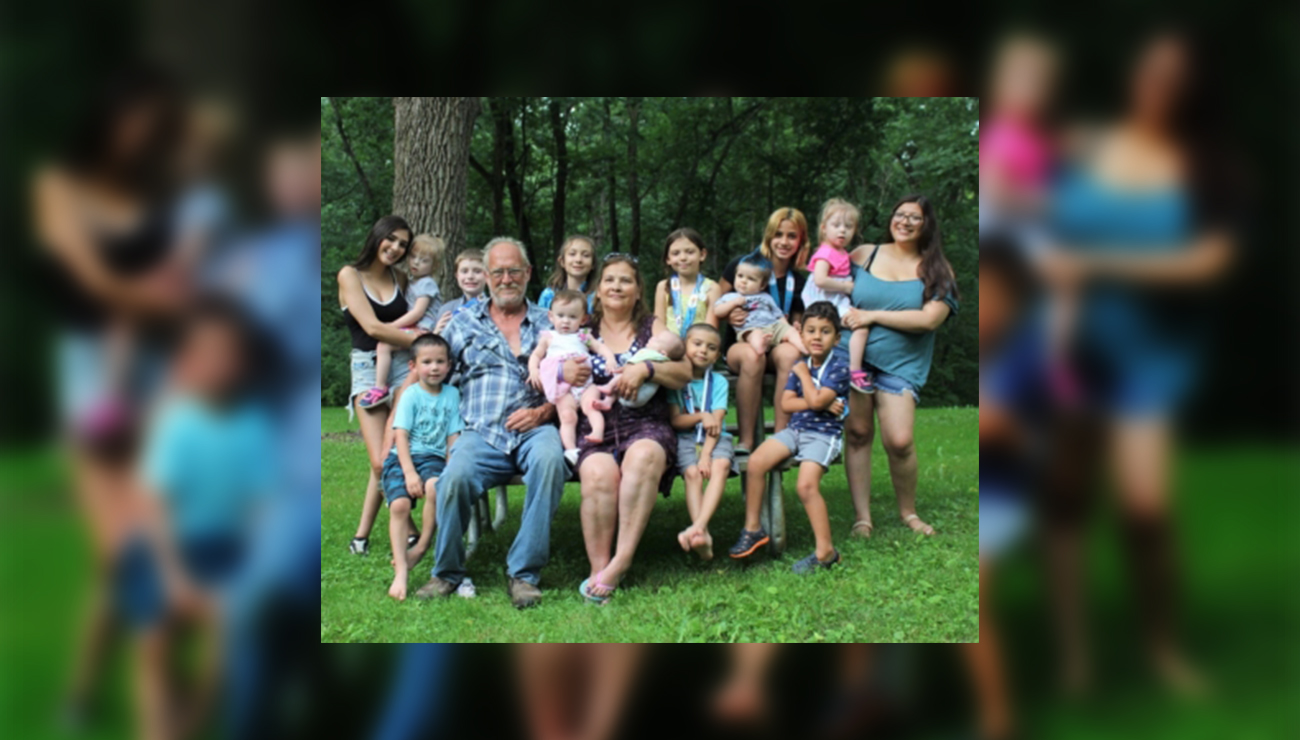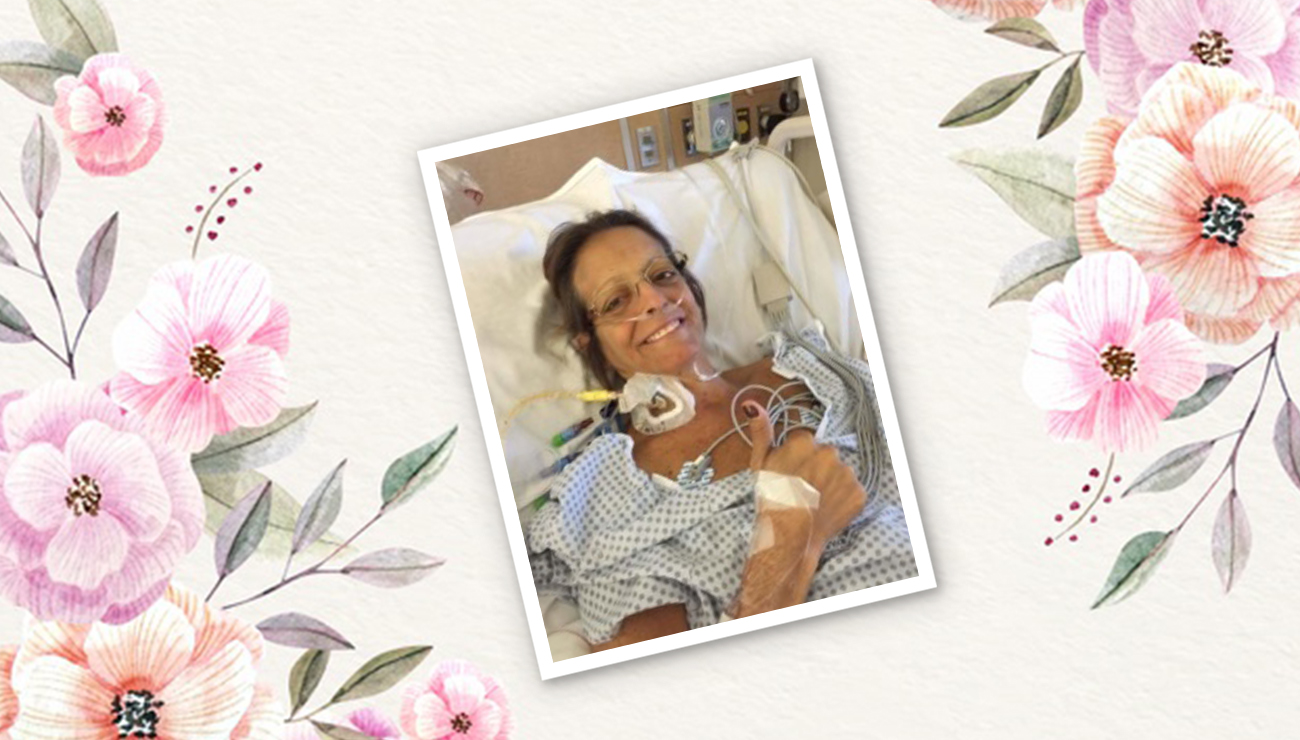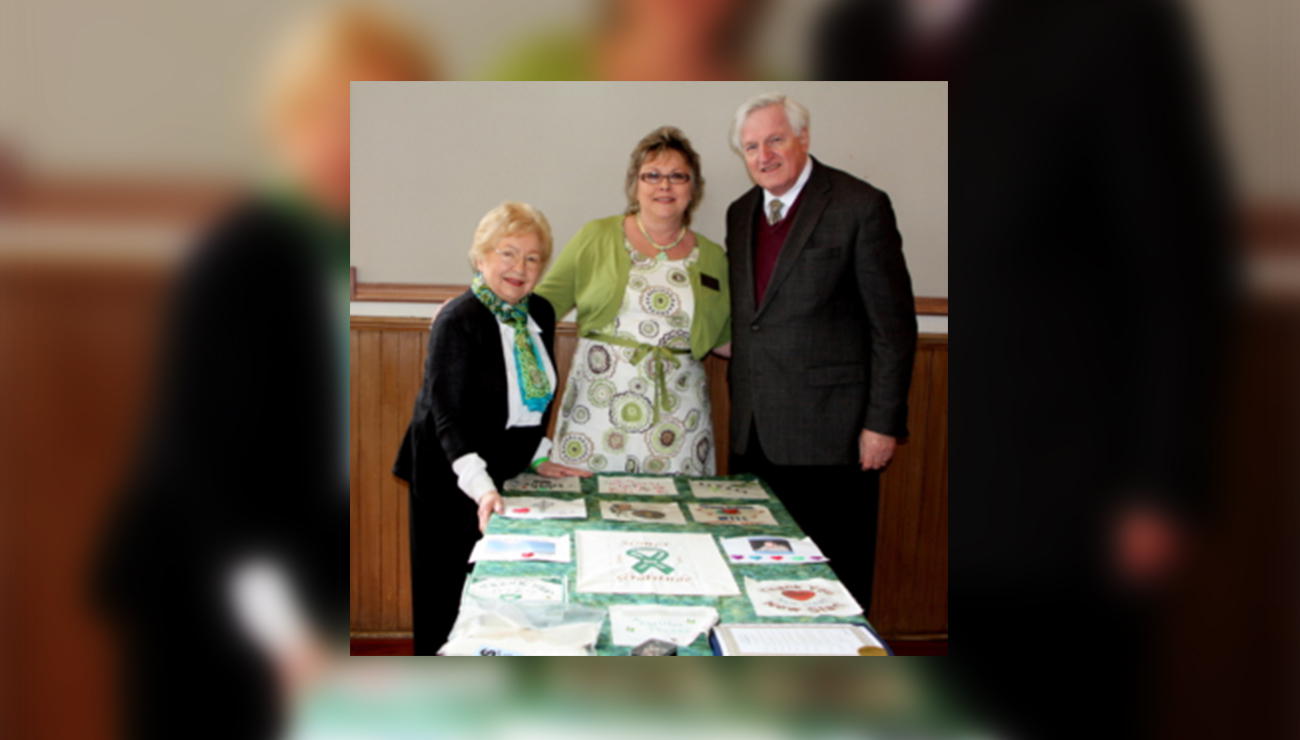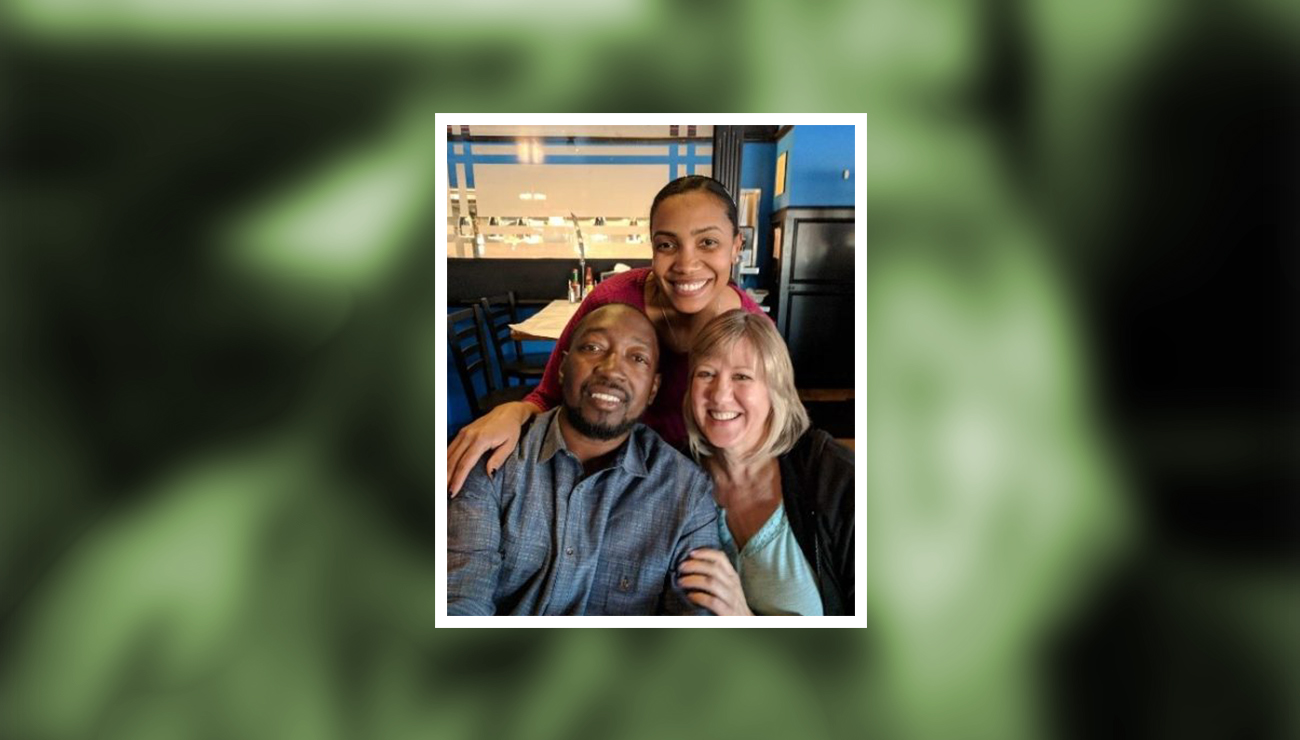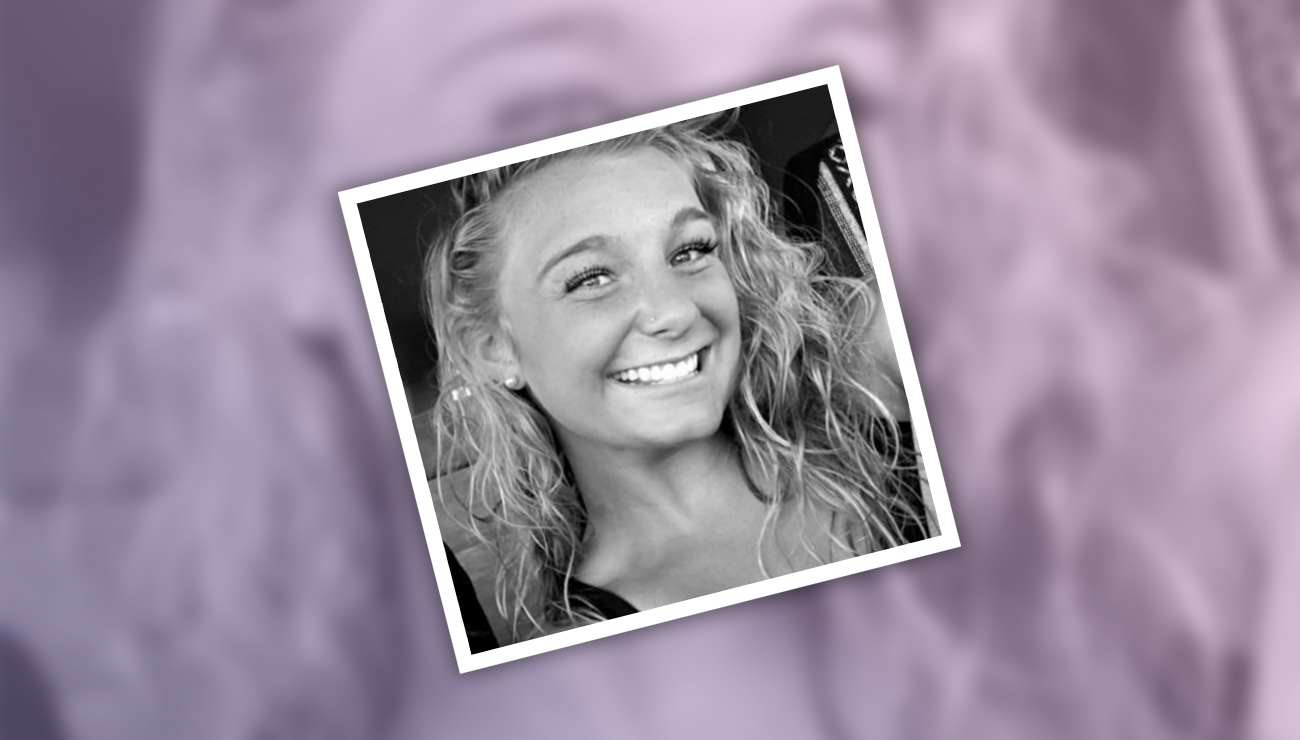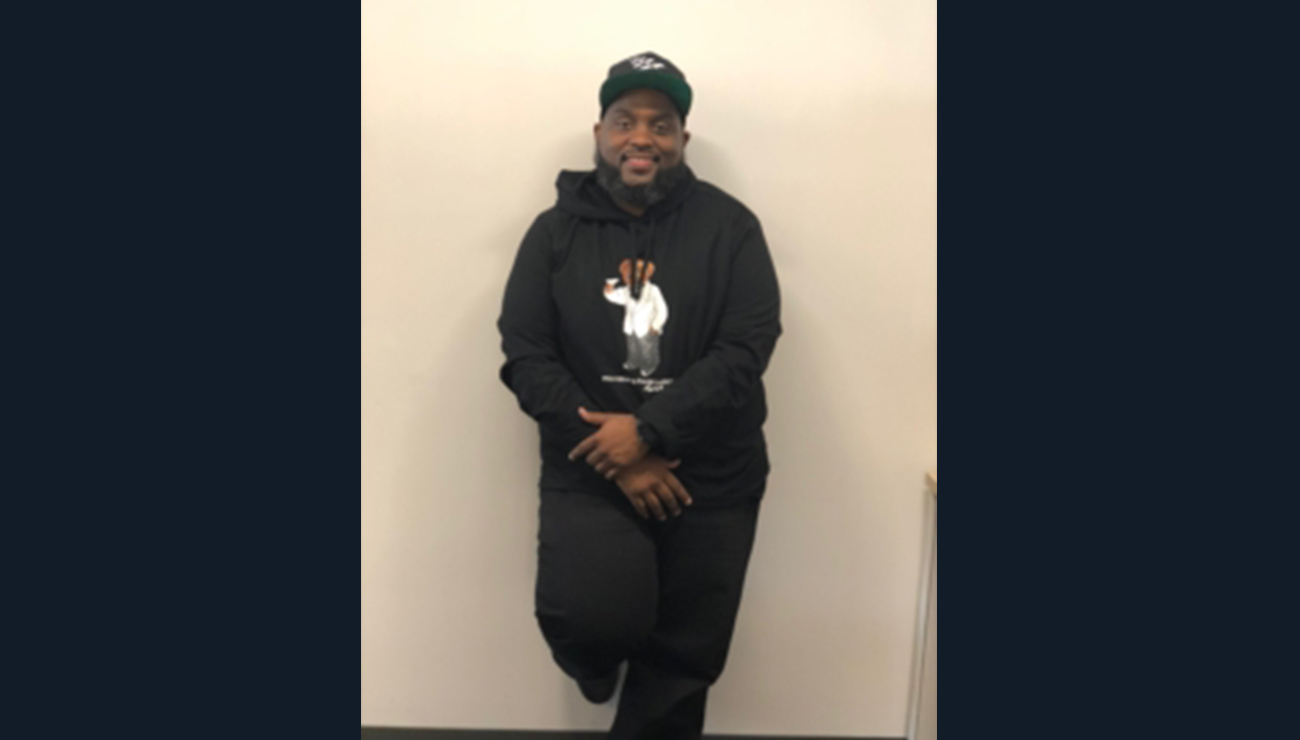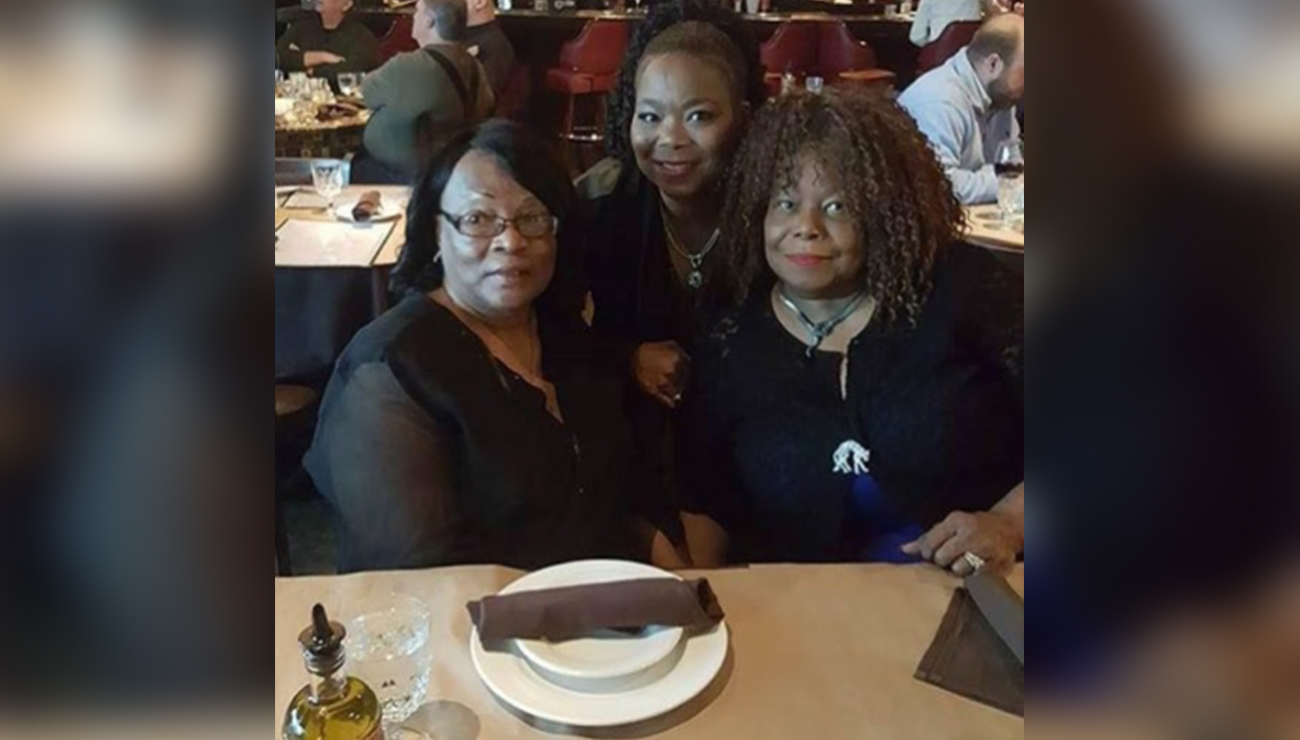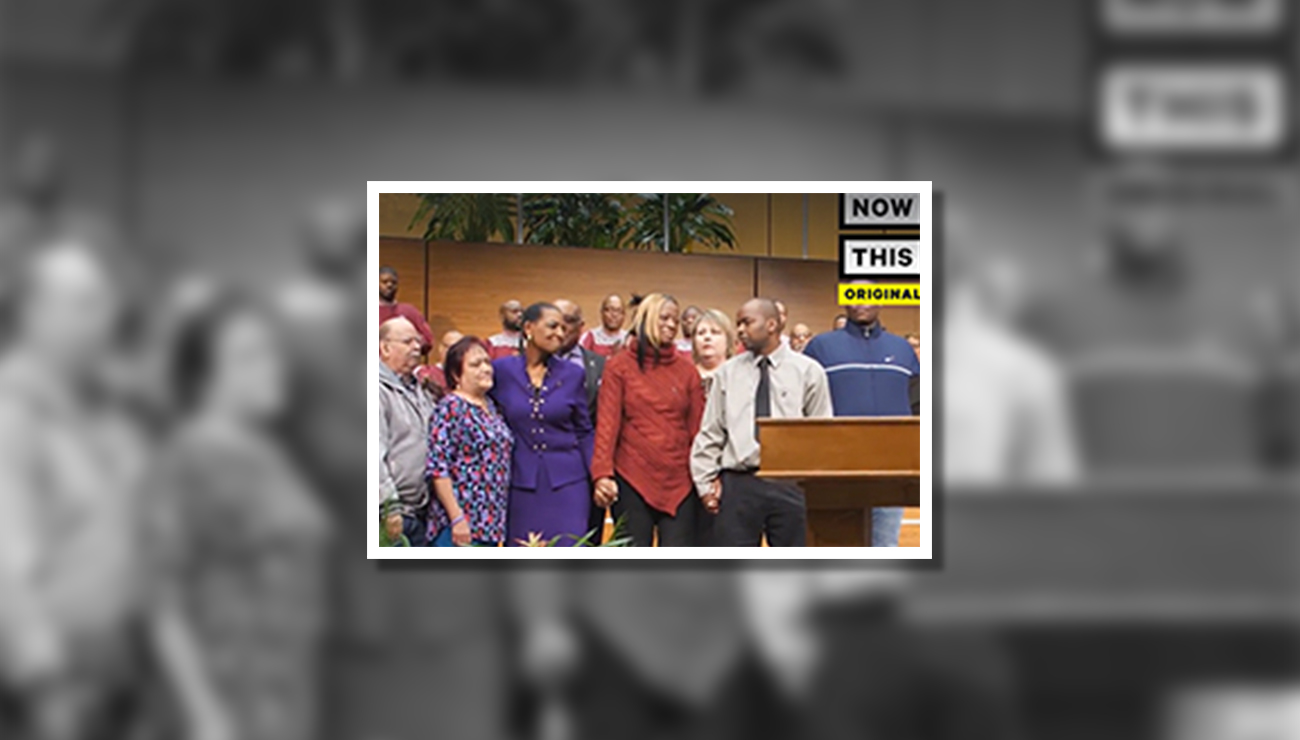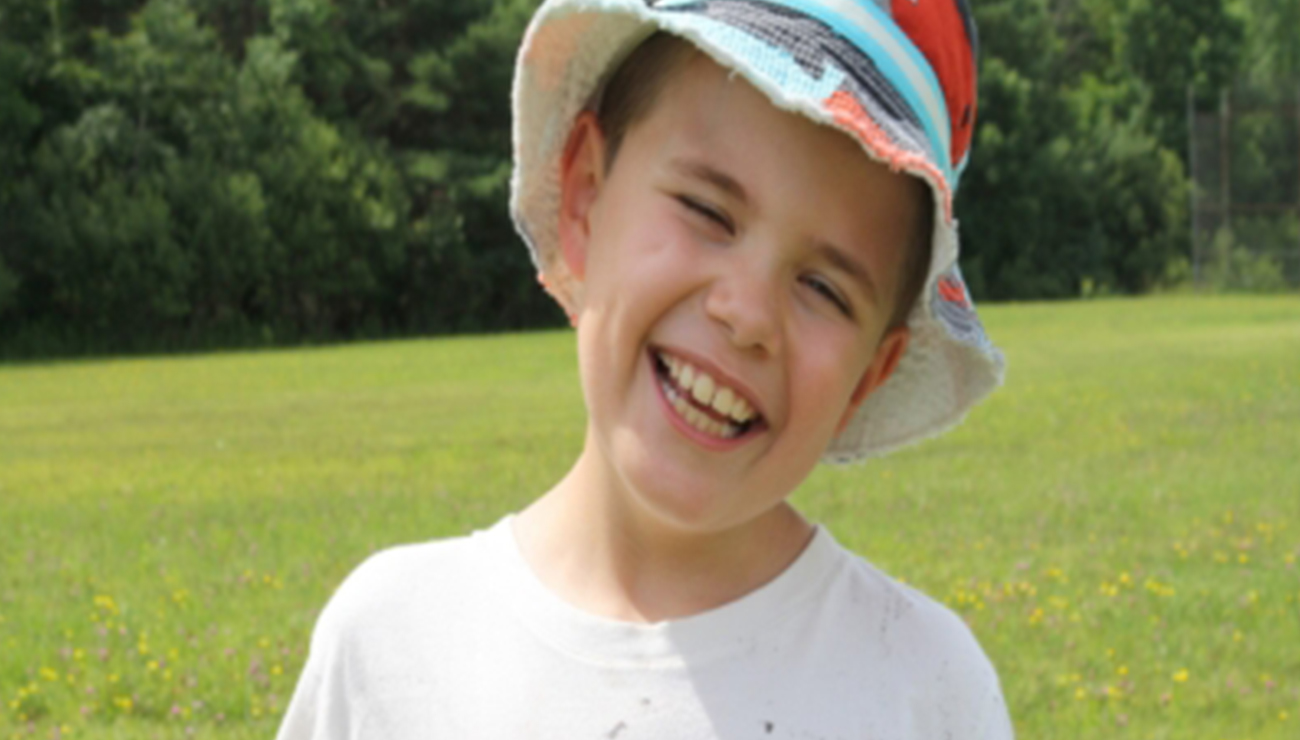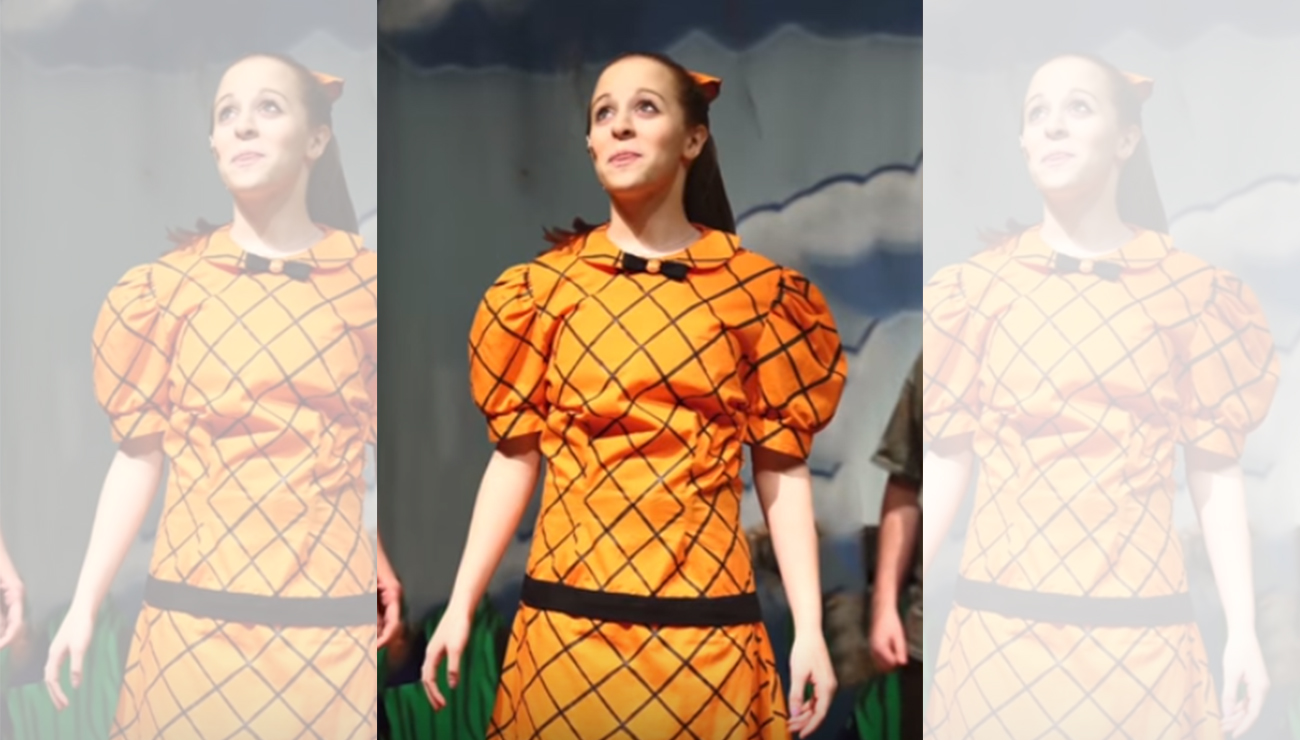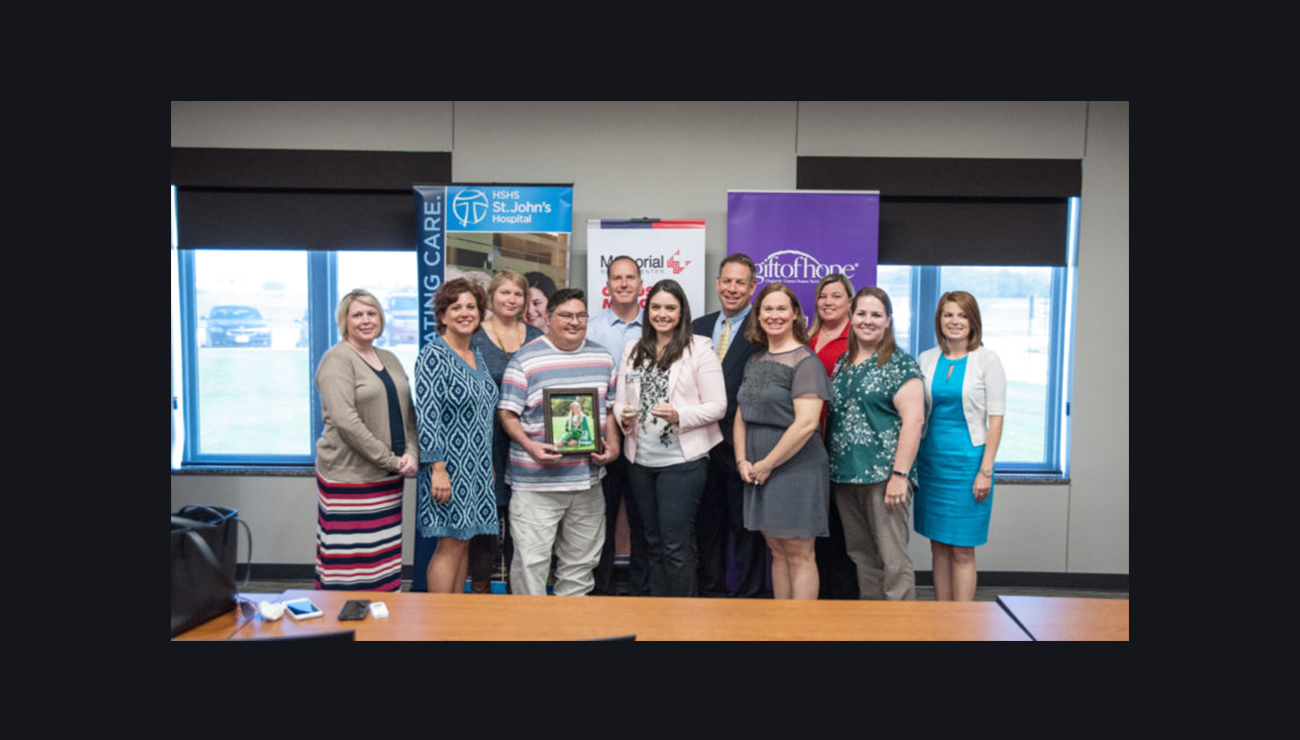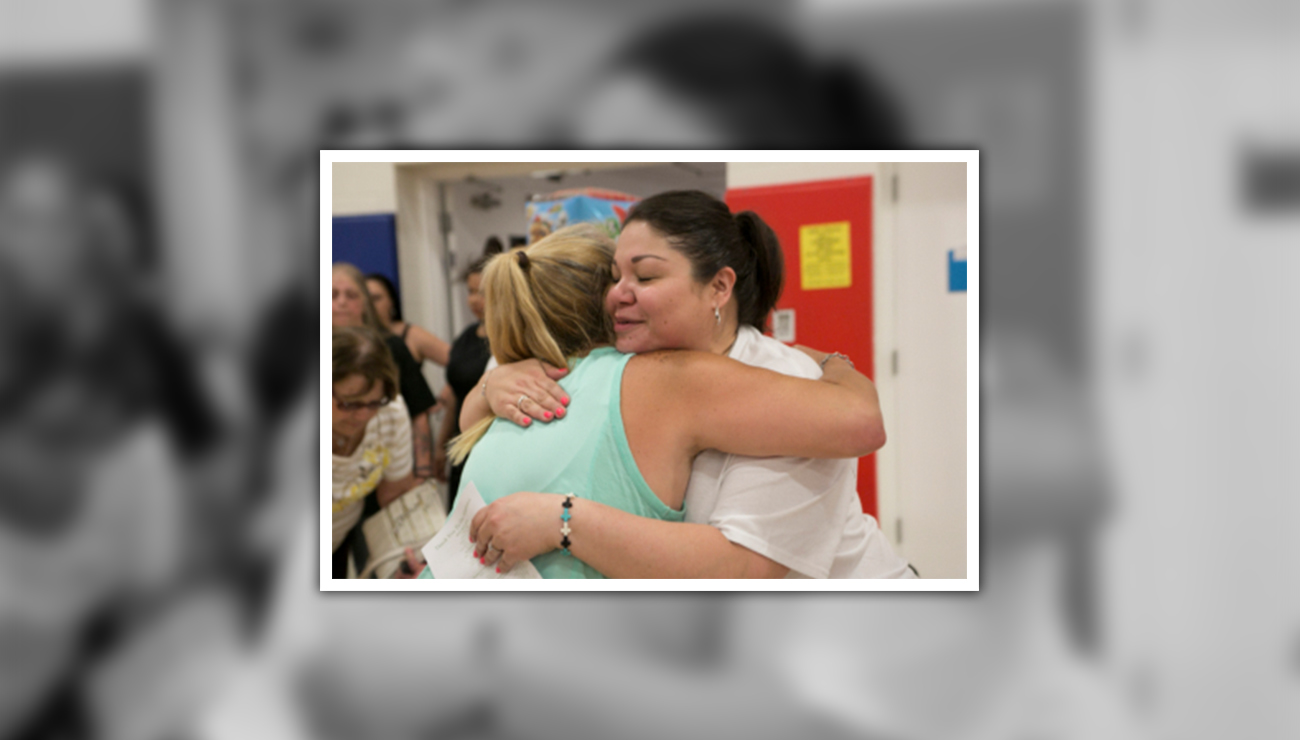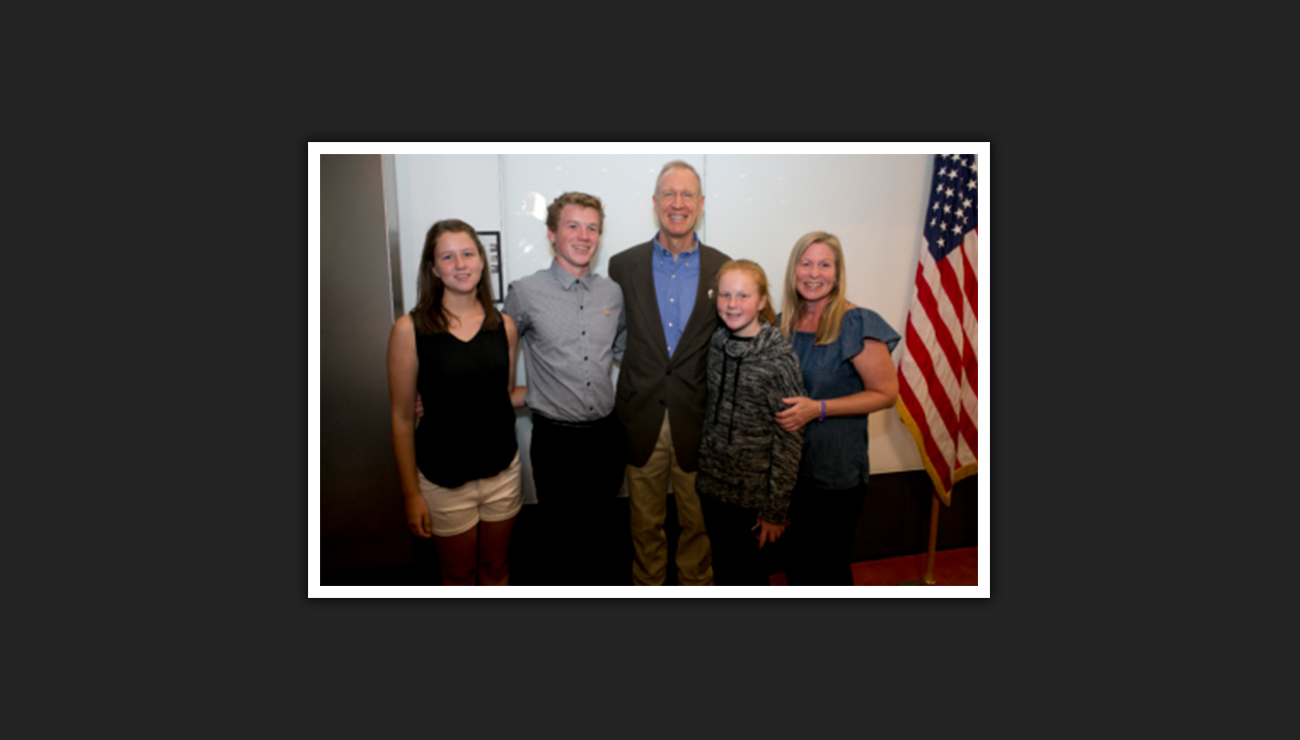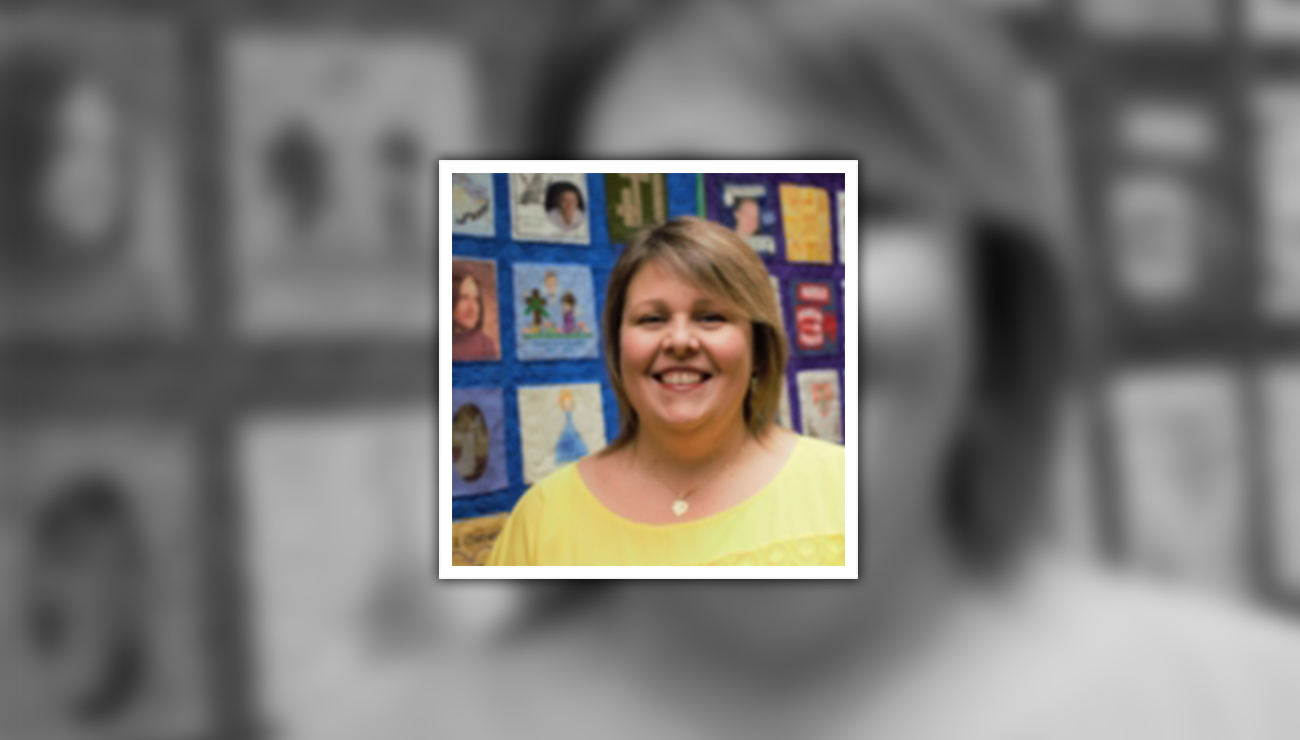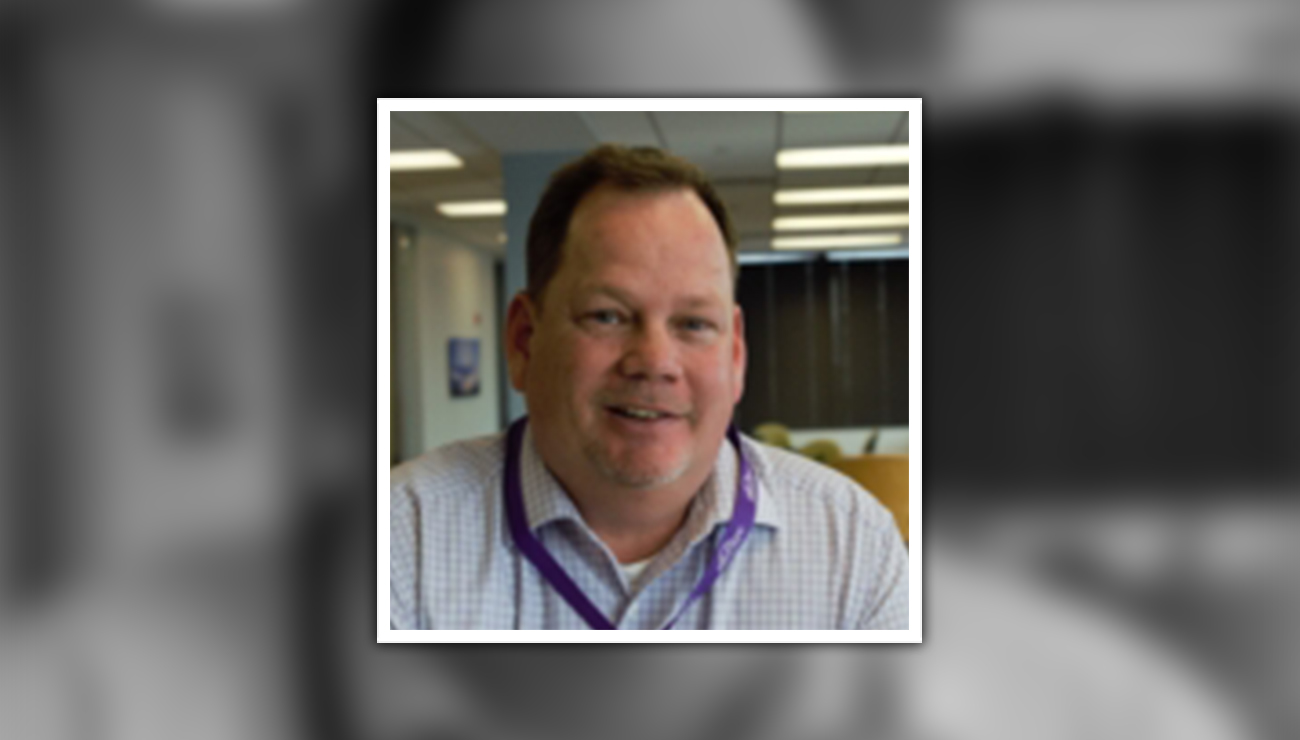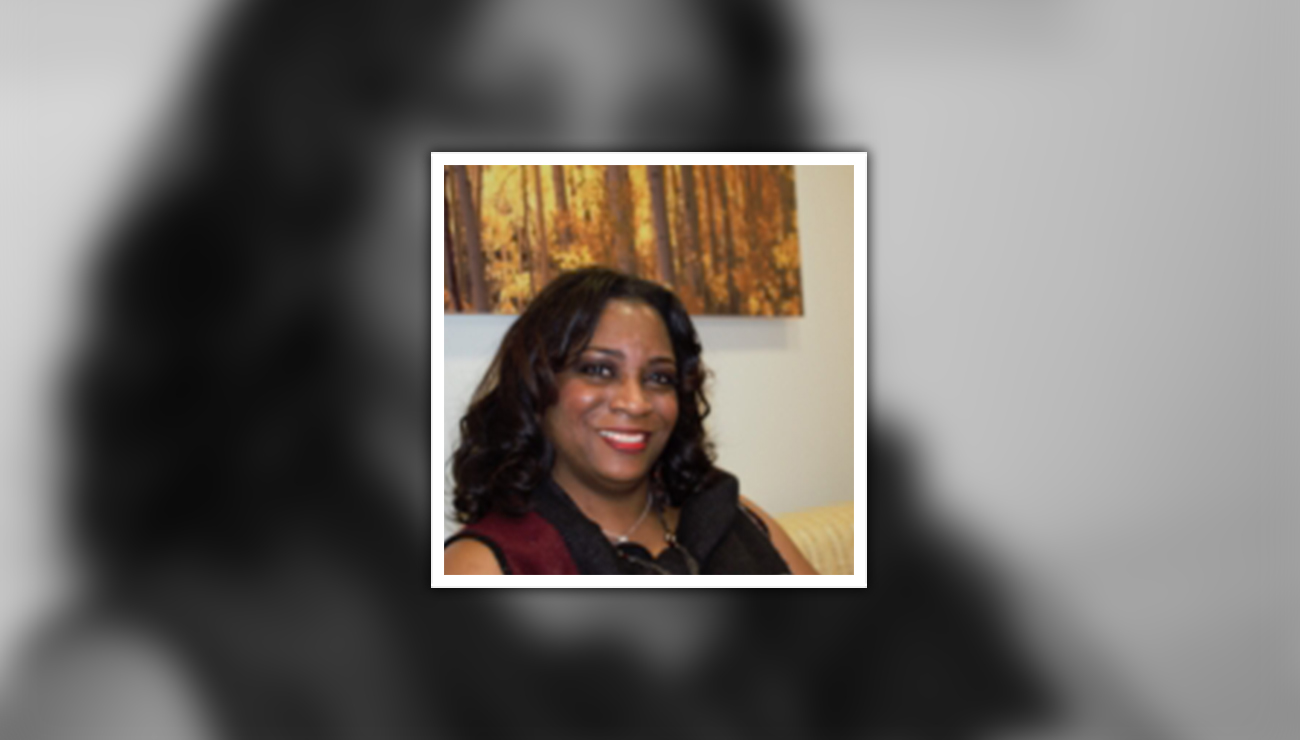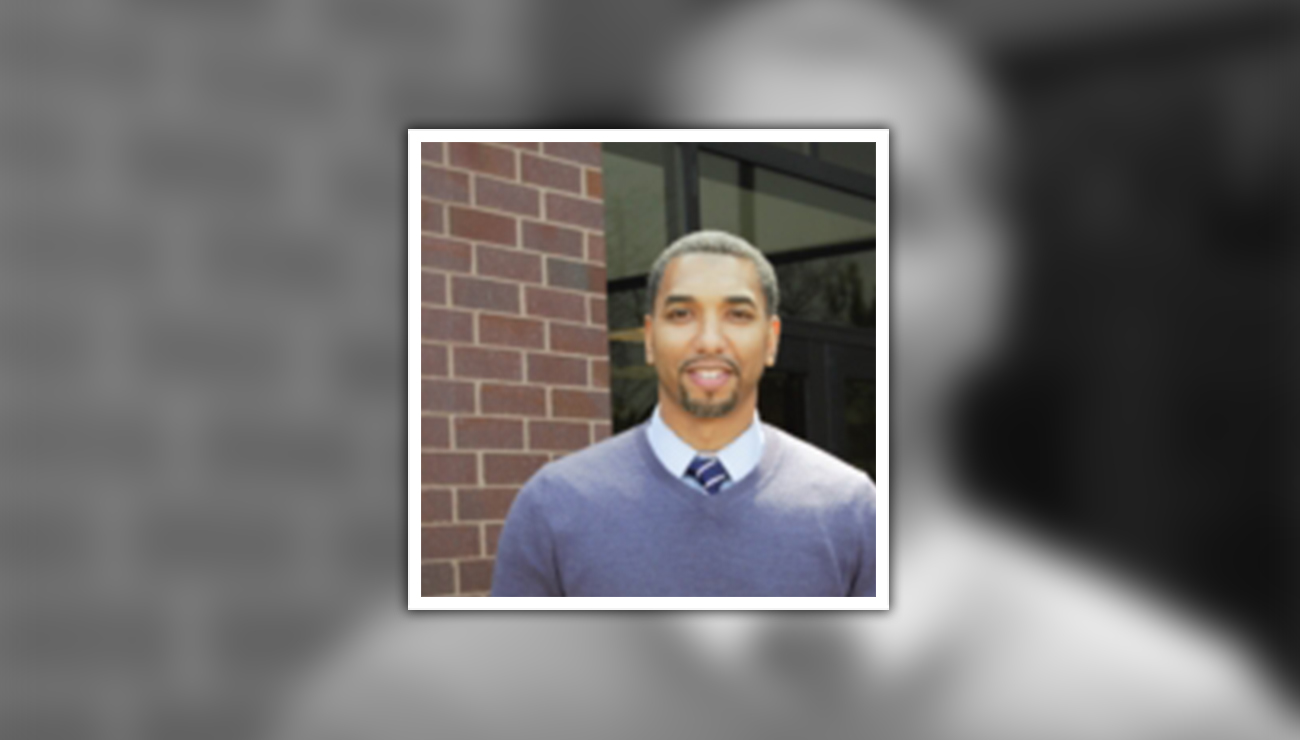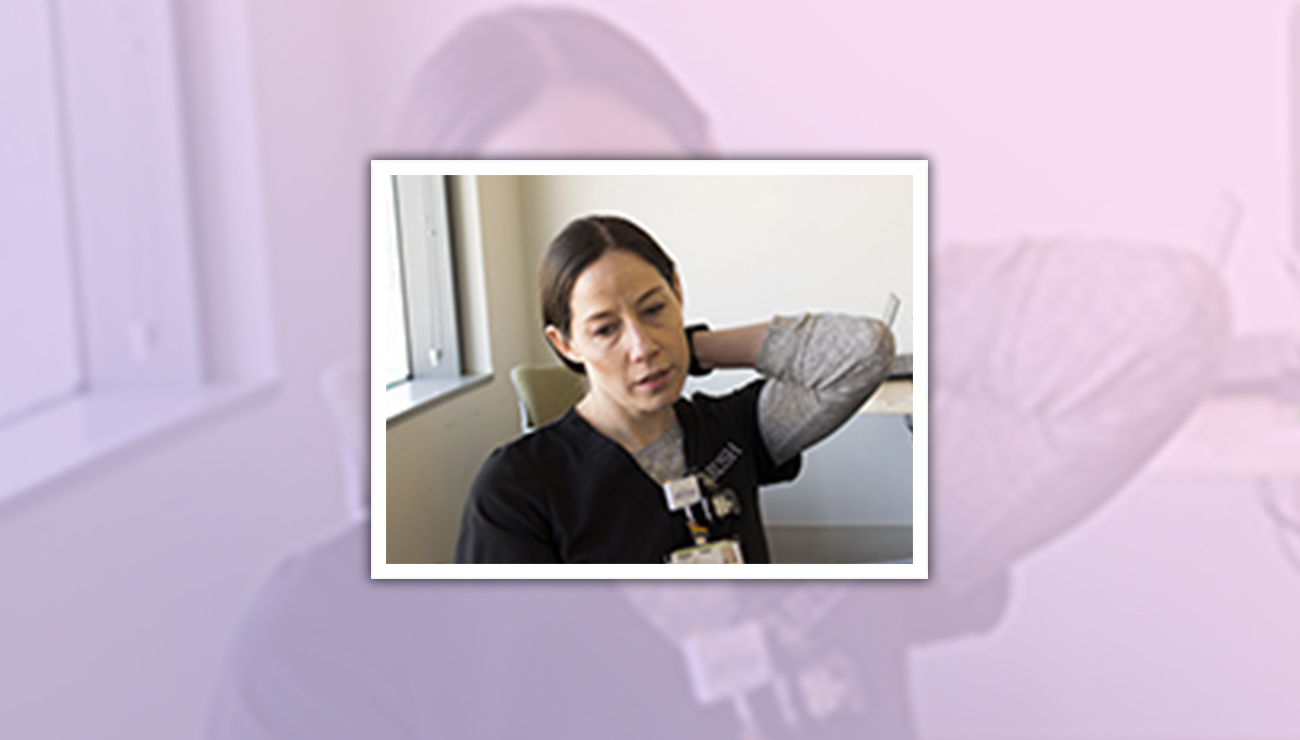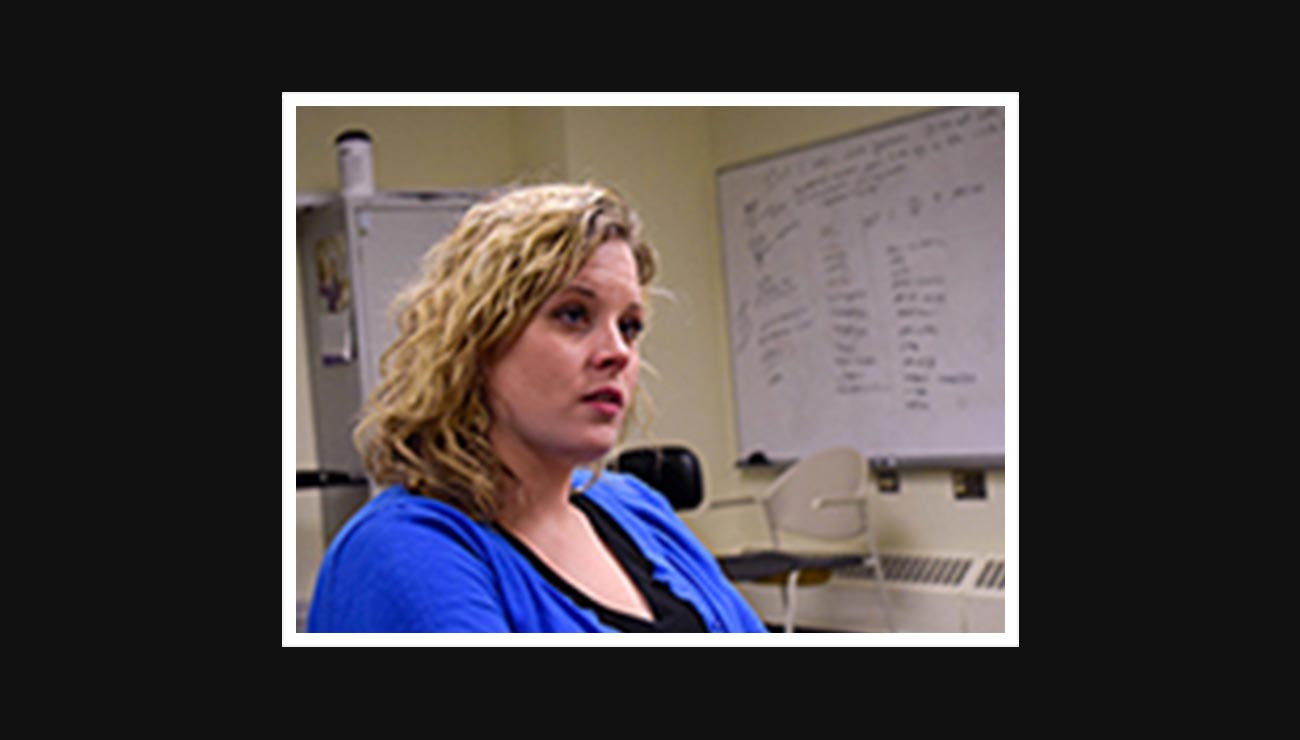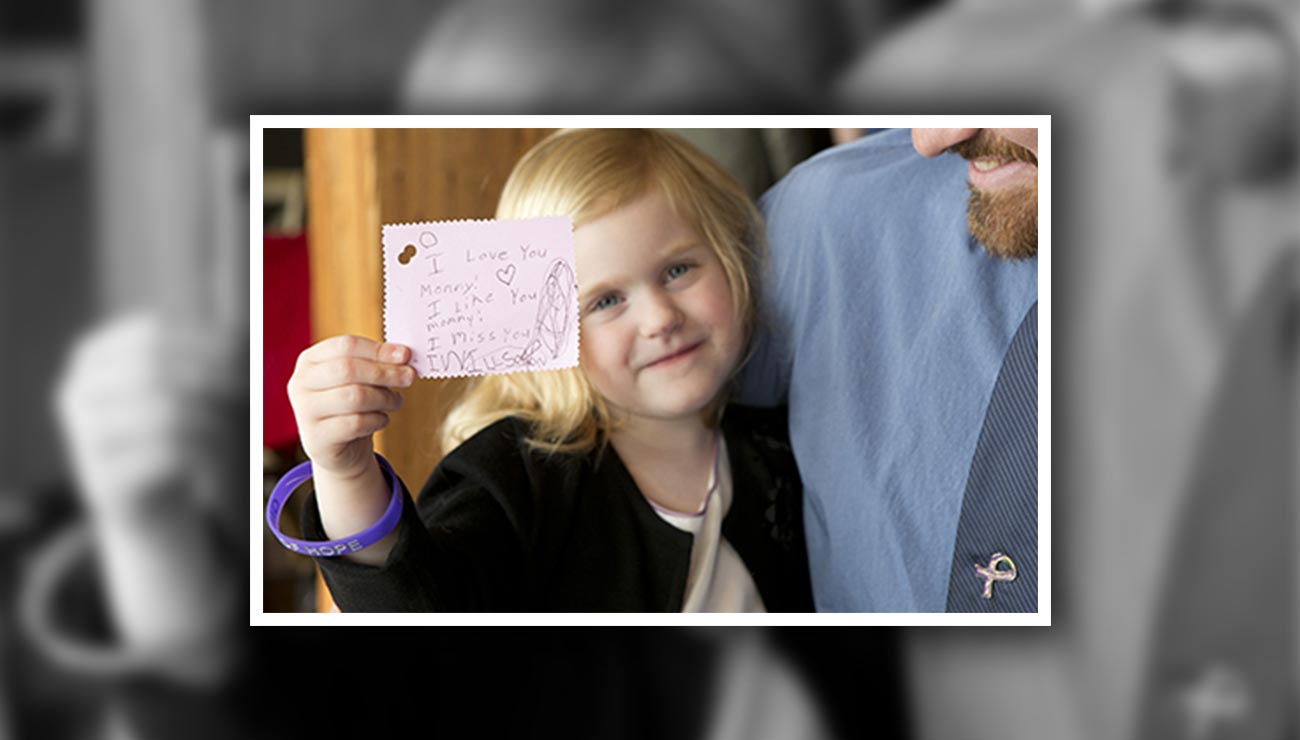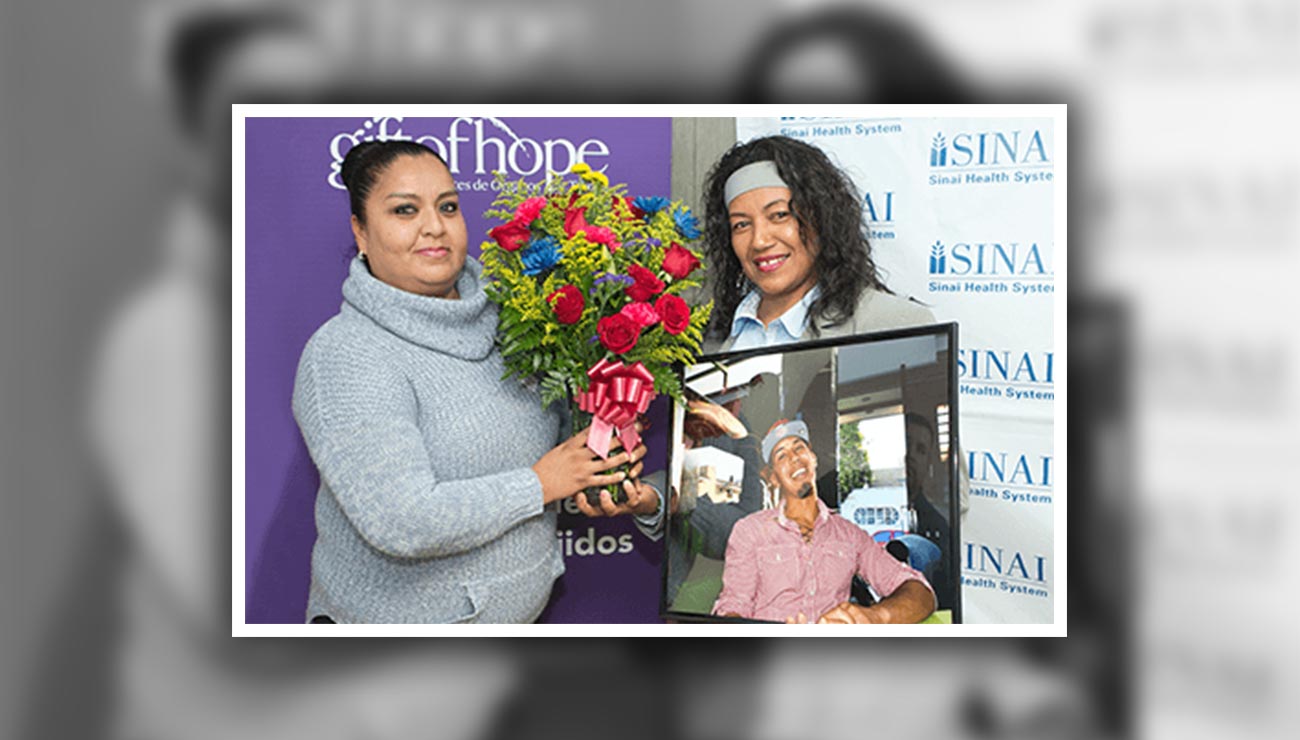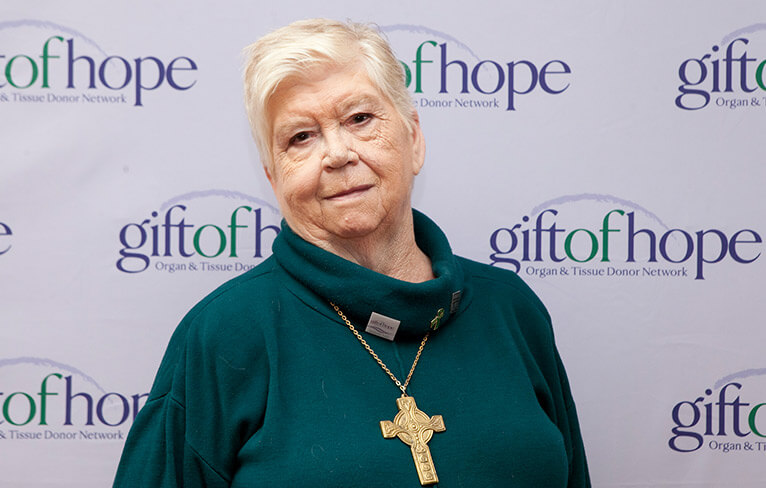“Many times families struggle with the decision to donate, but they say ‘yes,’ even if in that moment they don’t think it’s a good thing. Six months or two years down the line they are able to look back and know that somewhere in the world someone is alive because of their loved one’s gift.” – Damon Marks, Donation Specialist Supervisor at Gift of Hope
Broaching the conversation with families about organ and tissue donation when they have lost or are losing loved ones is something you can’t really prepare to do, according to Damon Marks, one of two Donation Specialist Supervisors at Gift of Hope. When he initially interviewed to be a Donation Specialist in 2011, he deliberated about his ability to do the job. Could he, a total stranger, sit with someone who had lost a dear relative or friend and talk about donation? He admits that being part of such a tragic and intimate moment intimidated him.
After careful consideration, he decided he was up to the challenge and embraced his new role and part in the donation process. Today, more than five years later and recently promoted to Donation Specialist Supervisor, Damon manages a staff of six Donation Specialists. In helping train his staff, he emphasizes that their role “is not something you can write a script for or practice because each situation and each family will be different.”
PREPARING FOR THE UNPREDICTABLE
Donation Specialists go through extensive training to prepare as much as possible for the unpredictable situations they may encounter with families at hospitals. Ultimately, listening to and understanding what the families are going through is by far the best approach to, and most important aspect, of their jobs.
Donation Specialists encounter grieving families with widely different perspectives, emotions and knowledge about Gift of Hope and the donation process. Through all situations, they do their best to listen, support and provide information to help families make the best decision.
“Many people say ‘yes’ to donation,” Damon said. “Other families disagree among themselves about donation or are understandably angry that that their loved one has passed away and are emotional distressed because they wish they could have done more to help them. We stand with and support all families no matter how difficult the circumstances, and we do our best to get them to a better place.”
ROUND THE CLOCK SUPPORT
Donation Specialists work three, 12-hour days each week, an unconventional schedule for an unconventional job. Even as a supervisor, Damon works in the field with hospitals and donor families in addition to offering his staff and promoting round the clock mutual encouragement and emotional support among his team.
“Two weeks ago I was watching a Bulls game and got a call at 10 p.m. from one of my staff,” said Damon. “They were at a hospital with a family who
did not want to donate, despite their loved one being a registered donor. Without a second thought, I went to the hospital to support our Donation Specialist and the family through that difficult time.”
HOPE IN HINDSIGHT
Despite their initial resistance, several days later that same family reached out to Gift of Hope inquiring about when and how they could meet the people whose lives were saved and enhanced through their loved one’s gift of donation.
“Many times families struggle with the decision to donate, but they say ‘yes,’ even if in that grieving moment they are conflicted,” said Damon. “Six months or two years down the line they are able to look back and feel hope in knowing that somewhere in the world someone is alive because of their loved one’s gifts.”
The Donation Specialist’s role in the donation process is inherently challenging and bittersweet, but Damon finds exponential reward in the opportunity to meet families and be part of their stories. Should a family ever encounter Gift of Hope staff in the midst of tragedy, Damon assures that they can expect to be cared for, listened to, supported and treated with the utmost respect, whether or not they decide to donate.
A National Donate Life Month Story Series
“You’ve Said ‘Yes’ to Donation. Now What?” is a National Donate Life Month story series that chronicles the ins and outs of the complex donation process. Journey with us during NDLM 2017 as we showcase the behind-the-scenes people who help turn tragedy into triumph by making donation happen.

